Data Science and machine learning laboratory
Contact: Dimitrios Rafailidis, email: draf at uth dot gr


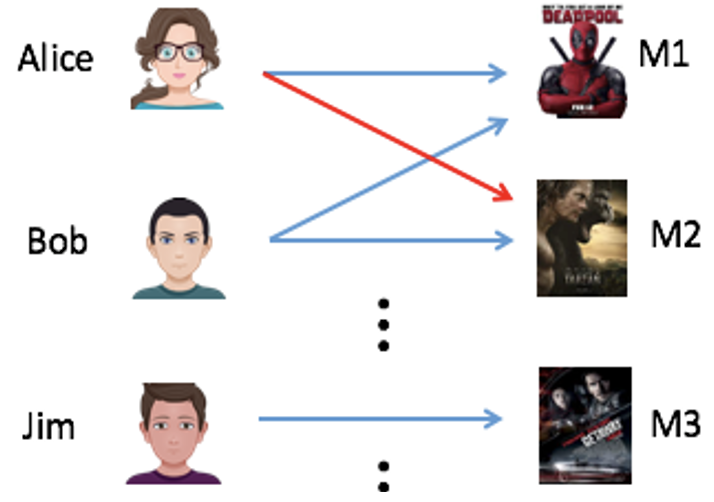

Continuous model learning for predictive analytics
The synergy of deep and reinforcement learning strategies has already achieved remarkable performance in several real-world applications such as robotics, self-driving cars, recommendation systems, social media mining tasks and so on. However, the main challenge resides on how to build a model to continuously adapt to the dynamic evolution of an environment/application in real-time. Our group studies continuous deep graph reinforcement learning strategies to generate adaptive models with life-long learning capabilities for predictive analytics.
Business
intelligence
Traditional data-mining, predictive analytics, and statistics on business data has helped many businesses in strategic and tactical decision making. Differentiating ourselves from the traditional approach, our group aims at incorporating heterogeneous and multivariate data, treating them as streams that change over time. We develop novel online statistical models for time-series predictions, robust ensemble methods and meta-learning strategies. In addition, we develop dynamic graph-based methodologies mapping the data inter-relations in real-time. Our use cases include streaming data sources from sensors, online users’ behaviour, stock price prediction, the blockchain, estimation of energy consumption measurements, and hardware performance metrics.
User modelling and interactive recommendation engines
Current recommendation technologies model users' evolving, diverse and multi-aspect preferences to generate recommendations in various domains/applications, aiming to improve the citizens' daily life by making suggestions. The repertoire of actions now is no longer limited to the one-shot presentation of recommendation lists, which is insufficient for offering decision support for the user. To accurately provide decision support, an interactive mechanism is needed to quickly adapt to the users’ preferences through the interactions. Our group investigates whether adaptive deep learning models can be used to tailor interactive recommendation systems optimally to user preferences. We study ways to adjust and transfer recommendations based on individuals’ preferences across different domains. In addition, we perform continuous learning by self-adapting the neural network’s junctions of various deep architectures, while taking into account how users behave under different conditions. Instead of adapting humans to machines, our aim is to provide users with better recommendation services so that machines will be adapted to humans in their daily lives.
Improving viewer’s experience in video events
Over the last decade, video technologies have become the main communication solution in large enterprises. To maximize the return of investment of each video meeting, optimal video quality of experience and maximum viewer engagement are required. Our group investigates ways to (i) provide services to optimize the meeting’s return of investment, and (ii) achieve the short-term and long-term goals of the company for the employees, that is to establish efficient communication of the employees worldwide and promote the employees’ wellbeing.
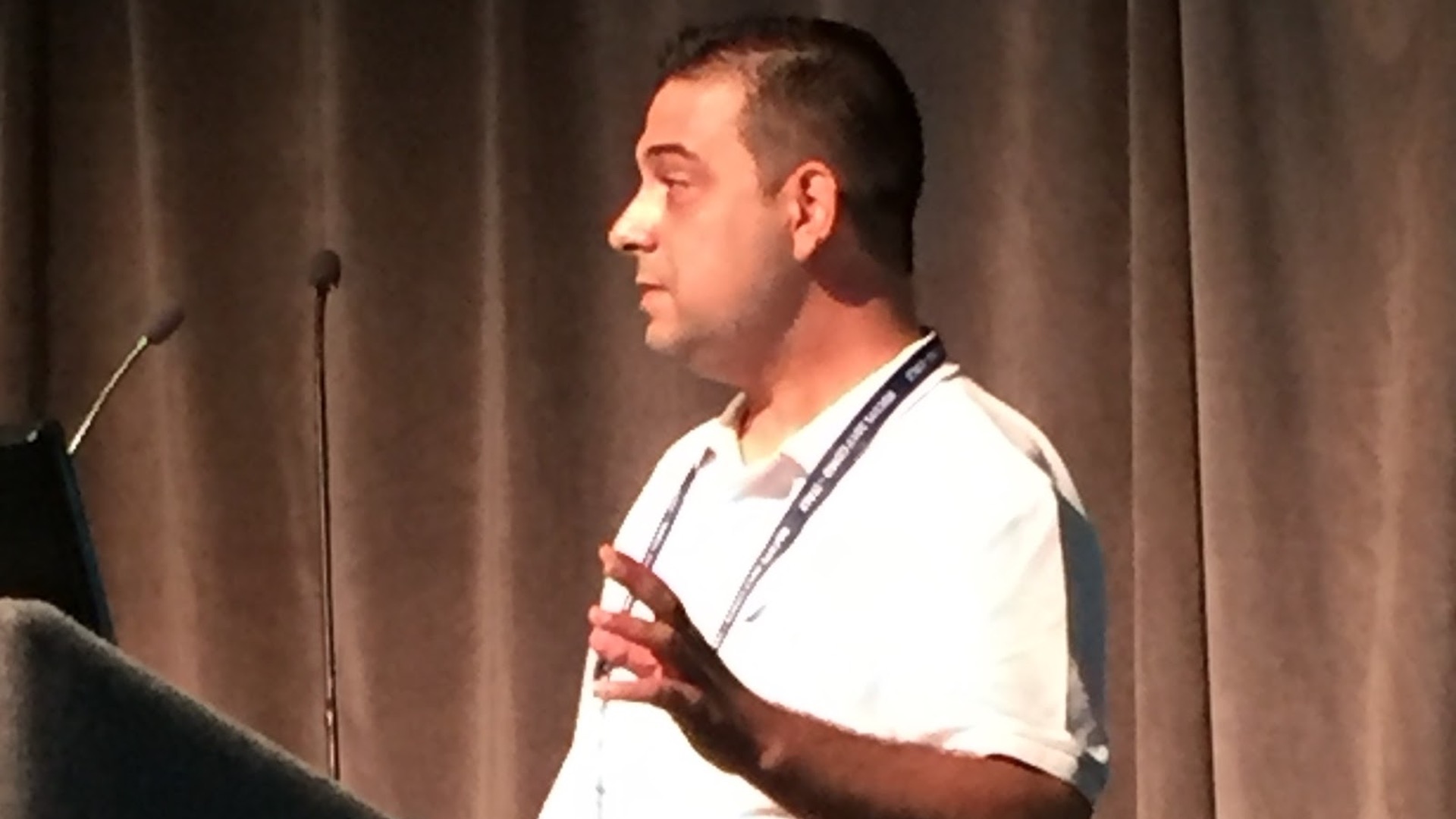
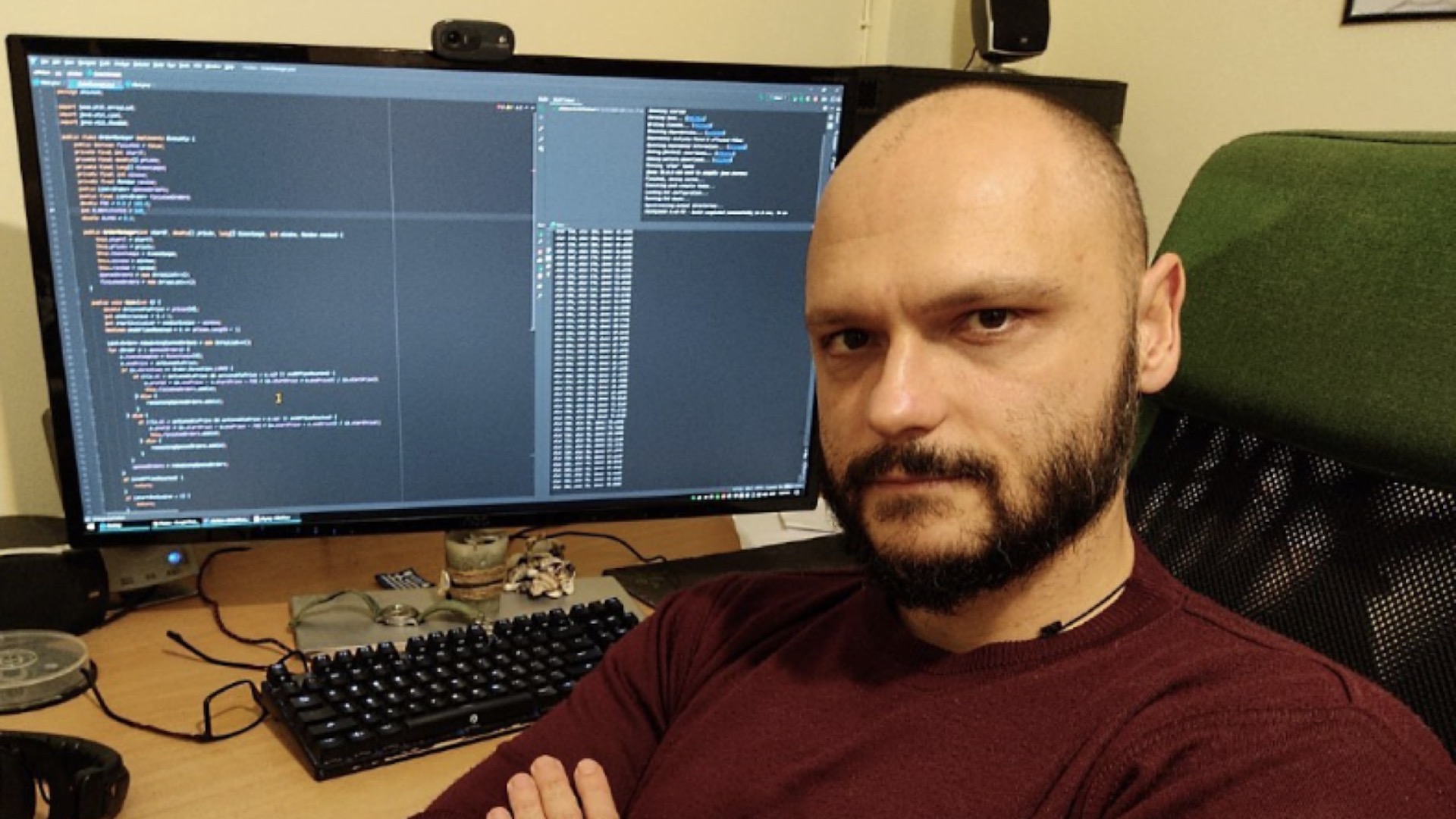


Dimitrios RAfailidis
Dr Dimitrios Rafailidis is an Associate Professor in Data Science and Applications at the Department of Electrical & Computer Engineering of University of Thessaly. He has a PhD in Computer Science, specialized in Machine Learning and Information Retrieval.
KonstantiNOS STAMOS
Dr. Konstantinos Stamos has a Ph.D in Computer Science specialized in Machine Learning on Large Scale Data. He has over 16 years of professional experience in software development and research. His areas of expertise include machine learning, statistics, and predictive analytics. He is proficient in a multitude of high level and low-level programming and mathematical languages. He was involved in a variety of industries including CERN, algorithmic trading, cryptocurrencies, weather forecasting, visual fx, industrial design, and virtual museums.
Naoum Mengoudis
Mr. Naoum Mengoudis holds a B.Sc. and a M.Sc. degree in Information Technology and Information Systems from the Aristotle University of Thessaloniki. Since 2004 he has been working in the private sector for various IT companies. His specialization is complex web applications design and development, along with useful tools/projects for automation in real time. Naoum currently works for the Cyber Crime Division of Hellenic Police (since 2010). He has more than a decade of experience in cybercrime issues in general and online children exploitation and safety in particular, as well as "hands-on" investigation experience of several cases that were brought in front of the National Courts. Naoum has attended many trainings in the field of cybercrime and he has also acted as a trainer on behalf of Europol on the topic of investigations of dissemination of child abuse material via peer-to-peer networks.
Stefanos Antaris
Mr. Stefanos Antaris works as an Artificial Intelligence Scientist at Hive Streaming AB, Stockholm, Sweden. In the last three years, he was also an industrial PhD candidate at KTH Royal Institute AB, Stockholm, Sweden. His main research focuses on graph neural networks and reinforcement learning on highly evolving graphs. In particular, he is interested in offline (batch) reinforcement learning and how the learned policy can be beneficial to continual reinforcement learning algorithms for graphs that significantly change over time.

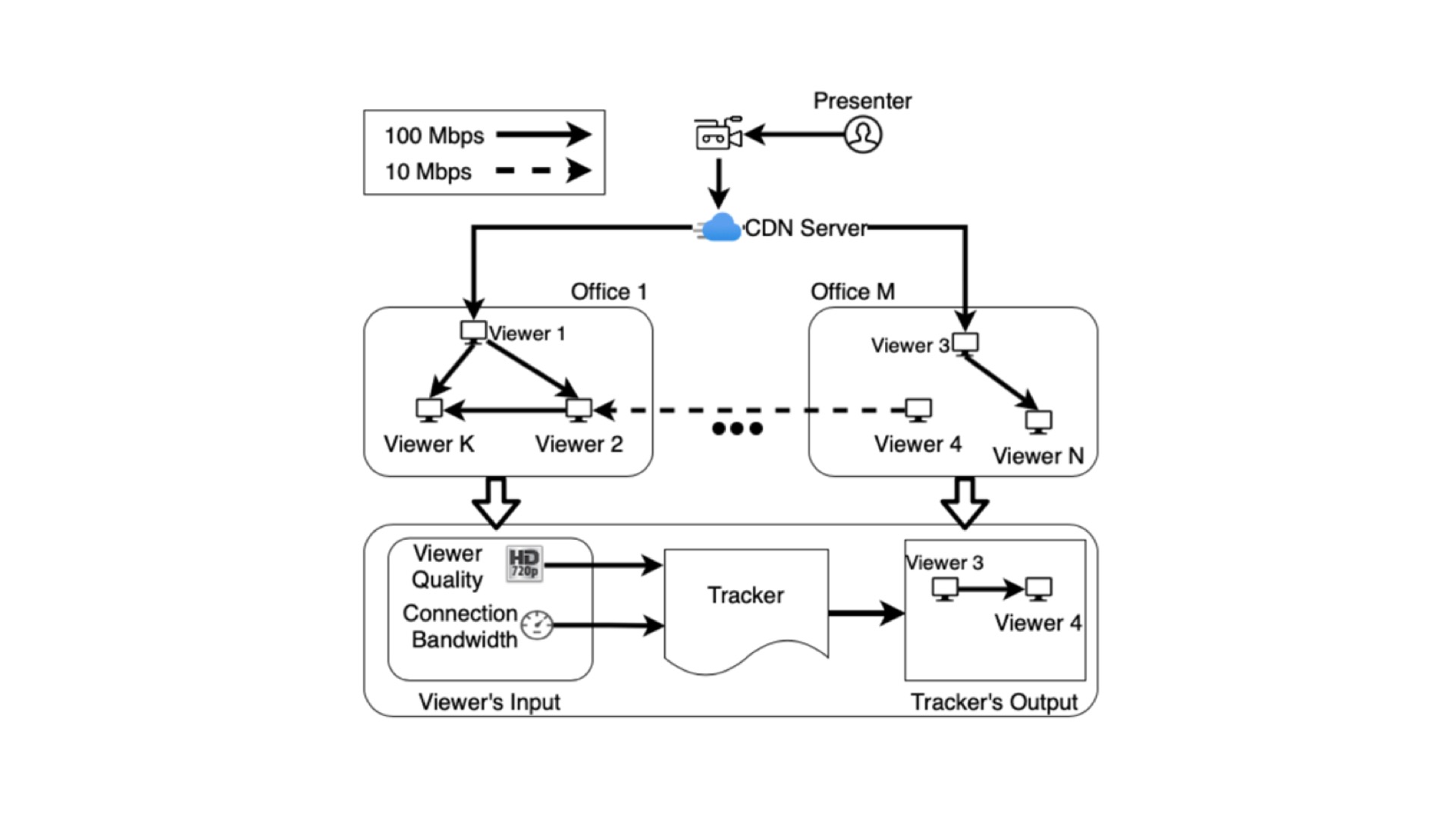

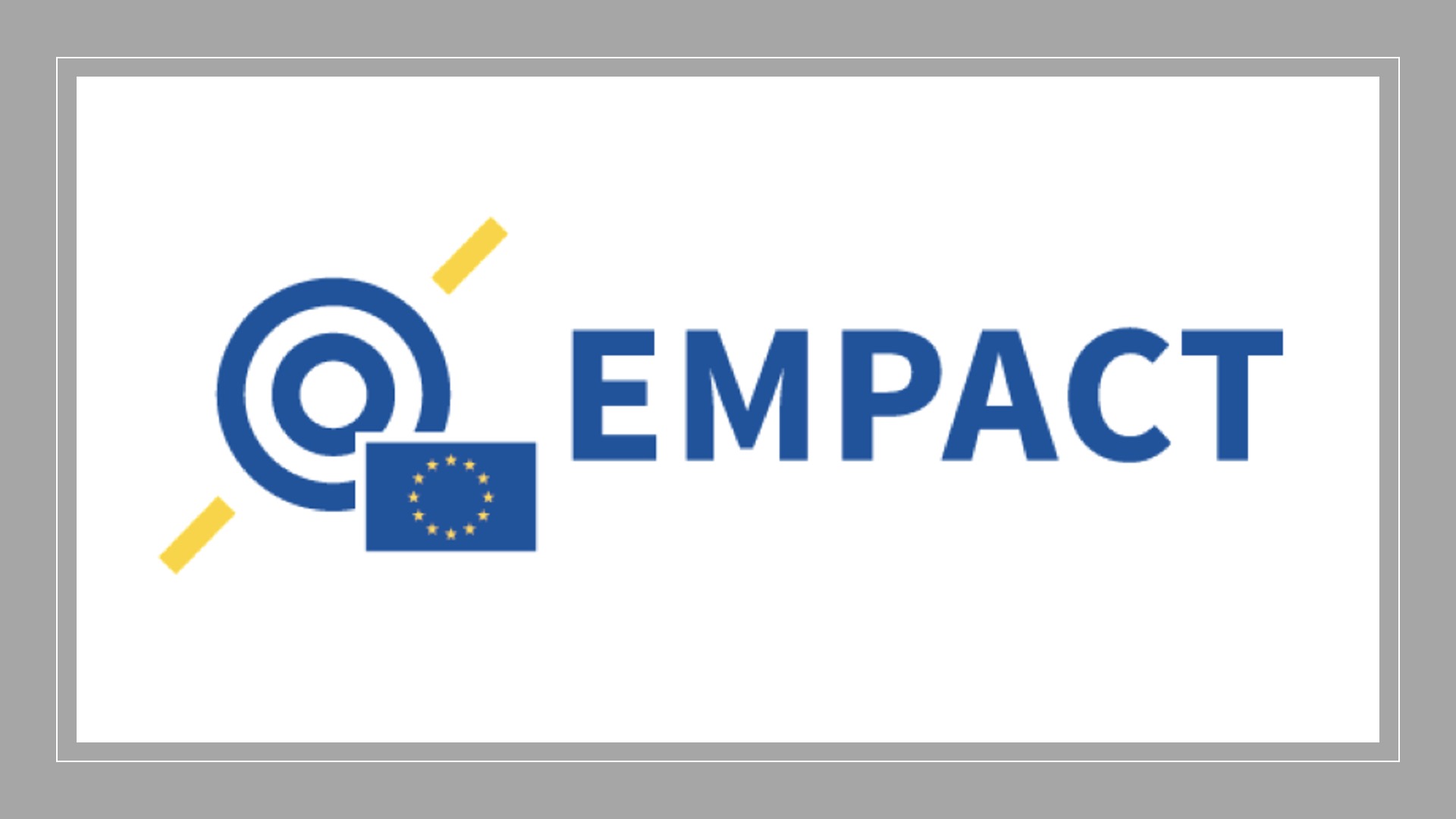
Artificial Intelligence and advanced Data Analytics for Law Enforcement Agencies HORIZON2020
2020-2023
Advanced technologies are increasingly used in criminal activities. Identifying, preventing and fighting modern crime demands the implementation of pioneering technologies and methods. The EU-funded AIDA project is focusing on cybercrime and terrorism by approaching specific issues related to law enforcement agencies (LEAs) using pioneering machine learning and artificial intelligence methods. The project will deliver a descriptive and predictive data analytics platform and related tools which will prevent, identify, analyze and combat cybercrime and terrorist activities. The platform is based on the fundamental technology applied to Big Data analytics provided with AI and deep learning techniques expanded and tailored with additional crime-specific capabilities and tools. The system will be delivered to LEAs through a safe sandbox environment, improving the technological readiness level in operational conditions with real data.
Roller: Graph Reinforcement Learning for Enterprise Live Video Streaming Events,
Hive Streaming AB
2019-2022
Live video streaming has become the main communication paradigm in large enterprises. Large enterprises rely on high-quality video content to communicate with their employees around the world. However, distributing video content in Fortune-500 companies with thousands of employees is a challenging task due to network inefficiencies. Roller aims to construct machine learning to optimally distribute the video content in the enterprise network and ensure high user experience. During this project, we combine different research areas, such as graph neural networks and reinforcement learning, to provide novel algorithms that assist large enterprises to organize live video streaming events with similar user experience as in person communication.
Prediction and Visual Intelligence for Security Information
HORIZON2020
2019-2021
The mission of PREVISION is to empower the analysts and investigators of LEAs with tools and solutions not commercially available today, to handle and capitalize on the massive heterogeneous data streams that must be processed during complex crime investigations and threat risk assessments. With criminals being ever more determined to use new and advanced technology for their cause, the aim is to establish PREVISION as an open and future-proof platform for providing cutting-edge practical support to LEAs in their fight against terrorism, organized crime and cybercrime, which represent three major cross-border security challenges that are often interlinked.
https://cordis.europa.eu/project/id/833115
http://www.prevision-h2020.eu/
Design and Specifications of an EU-wide Mobile Application for the protection of minors online under EMPACT policy cycle, 2018-2021
The aim of the project is to create a mobile-centric solution/platform, targeted for minors and parents, that will help combat child sexual exploitation. More specifically, the goal is to design and develop a mobile application that will raise minors’ awareness about the dangers that lurk online (e.g. grooming, self-generated indecent material, sexual extortion and live-streaming on the web) and give them tools to protect themselves from abuse. Emphasis will be placed on prevention and reporting features, powered by an AI enabled backend engine that will help alleviate the amount of manual work required by LEAs.


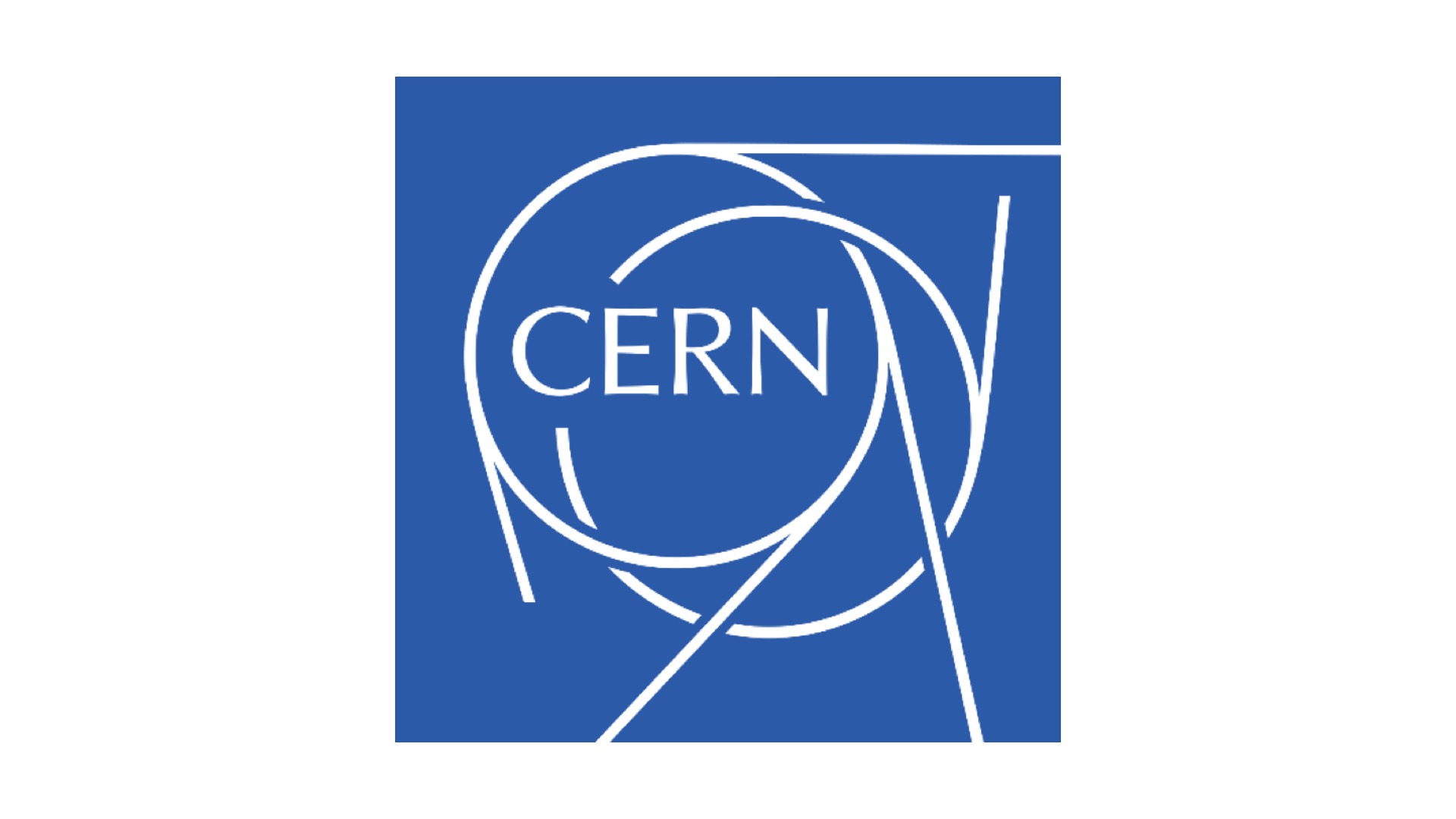
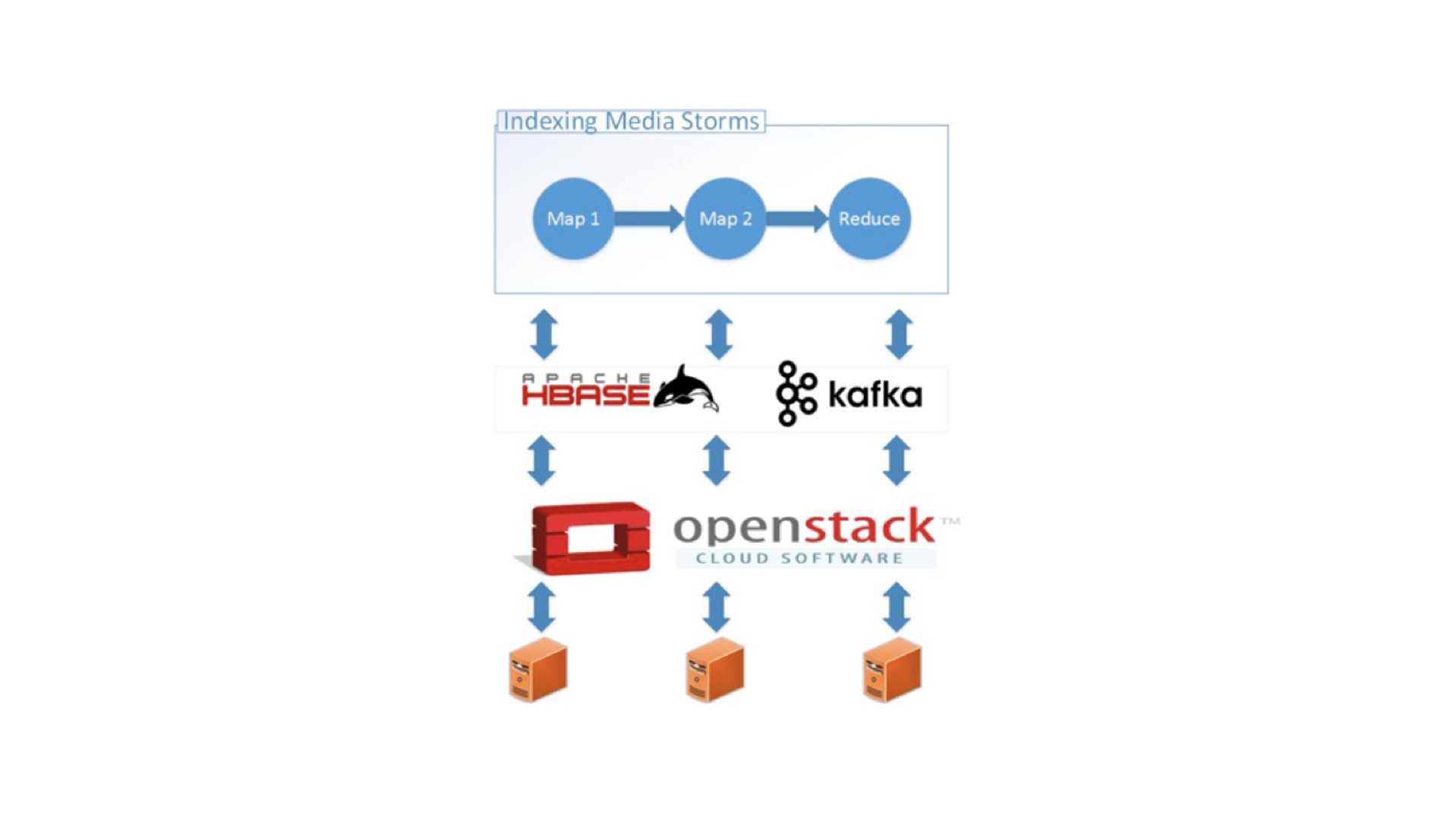
Automated Auditing and Reporting (A2R) Project in Military Academy
2016
The project included the creation of a web information system accompanied by an android app. It is a flexible tool that automates auditing and reporting by minimizing paperwork and costs and maximizes efficiency and real time notifications. Supervisors create and assign audit forms with instructions (for example the routine check of a military aircraft or the actions needed to be carried out during a house search by the police). Assigned users then download the audit forms to their mobile devices and carry out the audit, sending back the results along with real time notifications, if appropriate, to their supervisors.
Cryptocurrencies predictive model
2013-2021
A model that predicts the directional movement of time-series has been developed. It is based on variance minimization techniques. It is data, time-period, and sampling agnostic. It uses statistical tests in the form of bootstrap, jackknife, and it is implemented as an algorithmic trading strategy (short/long signals). The project involved full-stack research and development of market making and spot trading bots, for crypto-currencies markets.
European Organization for Nuclear Research
CERN
2013-2015
During the shutdown period of CERN, a set of testing and data analysis tools has been developed to accommodate the orchestration of upgrades and testing. In particular, as a member of the Machine Protection and Electrical Integrity Group (TE-MPE), the Large Hadron Collider (LHC) and its associated accelerators were tested automatically using a novel Domain Specific Language describing the parameters and rules of the tests. The entire endeavor included the full stack development of the hardware data aggregation and analysis, their visual representation, and the monitoring of the tests at the Cern Control Center.
MediaStream: Highly-scaleble cloud computing framework for multimedia stream processing 2012-2015
Multimedia management has become an increasingly important problem in various applications, such as social networks, Internet of Things, aerospace, and so on. Such applications receive a vast amount of images per second which should be stored and analyzed so as to support user-based services, such as image similarity search, categorization, etc. MediaStream aims to construct a cloud-based framework to process multimedia content in a streaming fashion. Moreover, we propose novel research algorithms to store and accurately search over massive and fast incoming image collections. During this project, we explore various cloud-based distributed architectures to achieve high indexing speed up factors, which presents valuable insights to researchers and practitioners on the cloud computing capabilities to support multimedia stream processing services.
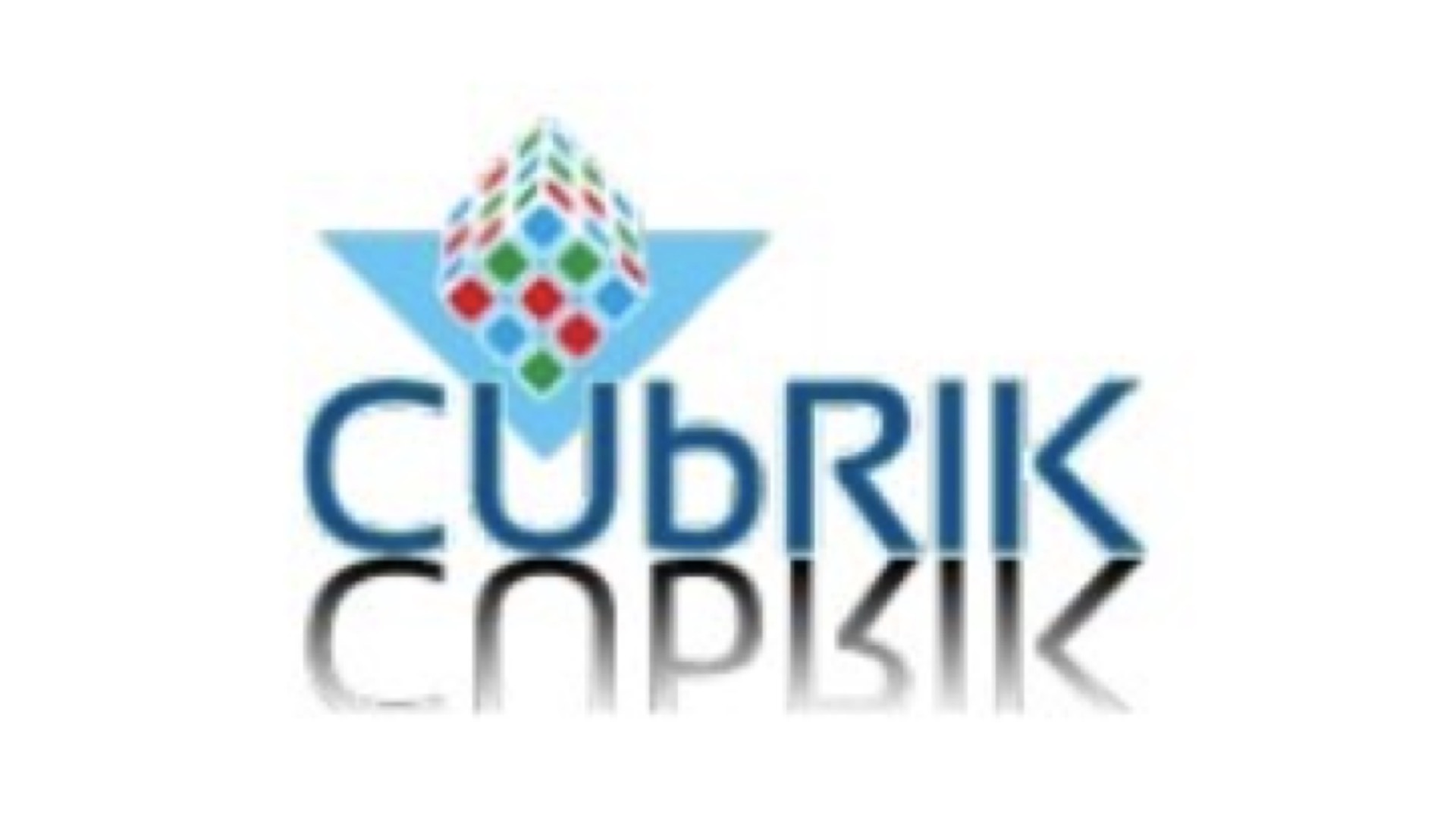



CUBRIK: Human-enhanced time-aware multimedia search
ITI-CERTH, EC-FP7
2011-2013
The key technical principle of CUBRIK is to create a “white-box” version of a multimedia content & query processing system, by unbundling its functionality into a set of search processing pipelines, for example, orchestrations of open source and third-party components instantiating current algorithms for multimedia content analysis, query processing, and relevance feedback evaluation. Examples are pipelines for extracting metadata from media collections using the software mix that best fits application requirements, for processing multimodal queries, and for analysing user’s feedback in novel ways. CUBRIK aims at constructing an open platform for multimedia search practitioners, researchers and end-users, where different classes of contributors can meet and advance the state-of-the-art by joining forces. Important scientific contributions are the systematic integration of human and social computation in the design and execution of pipelines, and the enrichment of multimedia content and query processing with temporal and spatial entities.
I-SEARCH: A unified framework for multimodal content SEARCH ITI-CERTH, FP7
2010-2012
I-SEARCH develops a novel generation of multimodal search engines providing users with natural and expressive interfaces. Additionally, I-SEARCH presents novel solutions for relevance feedback, based on users’ social behaviour and recommendations. The above result in a highly user-centric search engine, able to deliver to the end-users only the content of interest, satisfying their information needs and preferences. I-SEARCH also introduces efficient tools for visualising the search results in order to enhance the presentation layer of search engines. Several aspects, such as user profile, end-user terminal, available network bandwidth, interaction modality preference, are taken into account to achieve the optimal presentation result. Finally, the search engine is dynamically adapted to end-user’s device, which vary from a simple mobile phone to a high-performance PC.
Social Networking Trends and Dynamics Detection via a Cloud-based Framework Design, AUTH, FP7, 2010-2012
As a pilot application of the Venus-C project, Cloud4Trends provides a cloud-based framework to analyze in real-time the geolocated content of the microblogging and blogging platforms, such as Twitter, Blogger, and so on. Cloud4Trends aims to construct a service for researchers and practitioners to detect trending topics and events that are discussed in specified geographic locations. Such a service is beneficial in various domains, such as defining the marketing strategy in certain geographical regions, detecting outburst events, and predicting the users’ opinion. Moreover, the goal of this project is to verify the suitability of the cloud infrastructure to support real-time data analysis services.
SMS marketing services for large enterprises and SMEs
Isosoft (IBC OE)
2010
Web application for the scheduling of marketing campaigns via SMS. Contains various advanced features, like personalized messages, delivery receipts and tracking, as well as detailed statistics with a plethora of chart types which the user can drill down and gain the insight that is required.

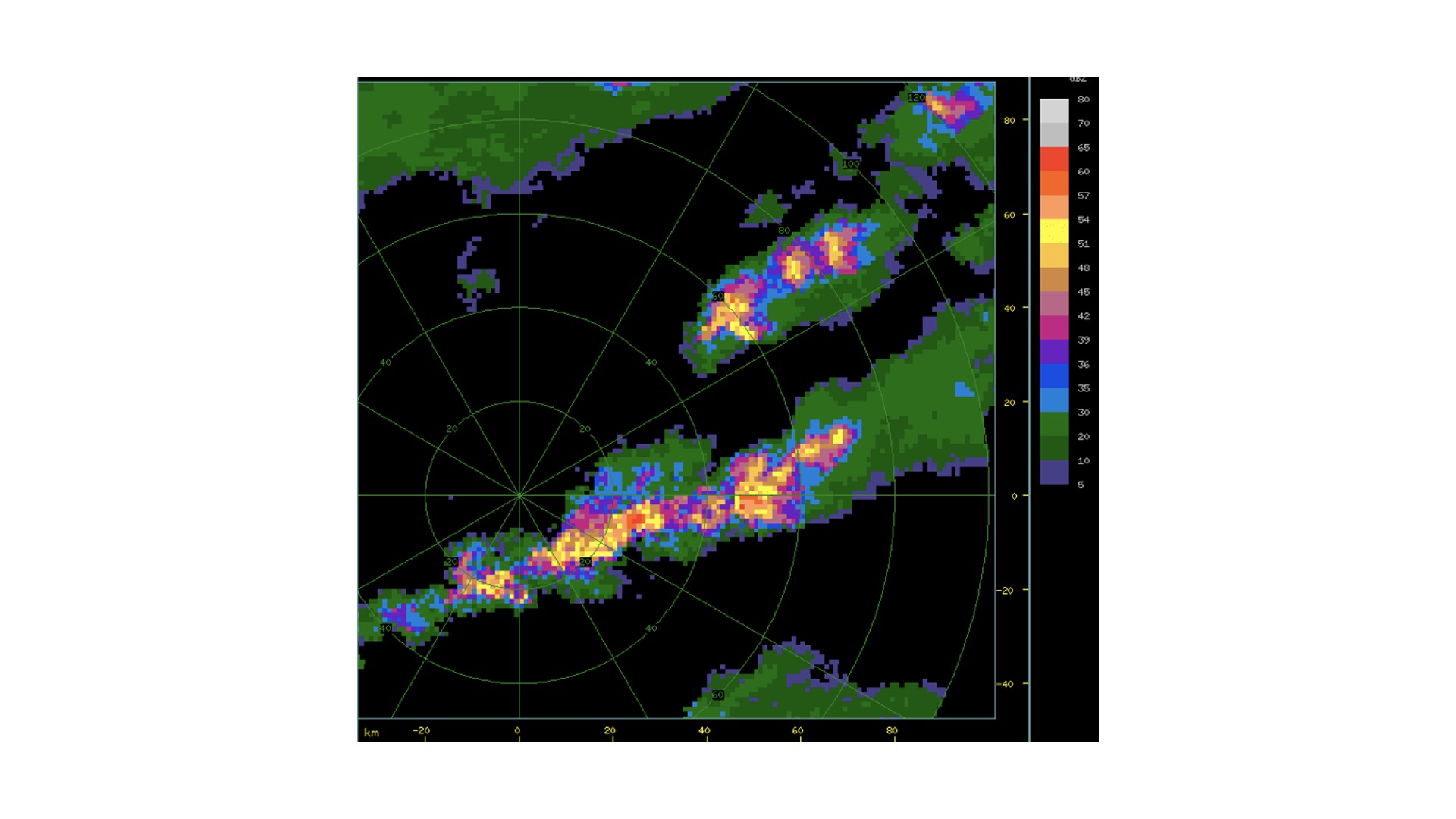
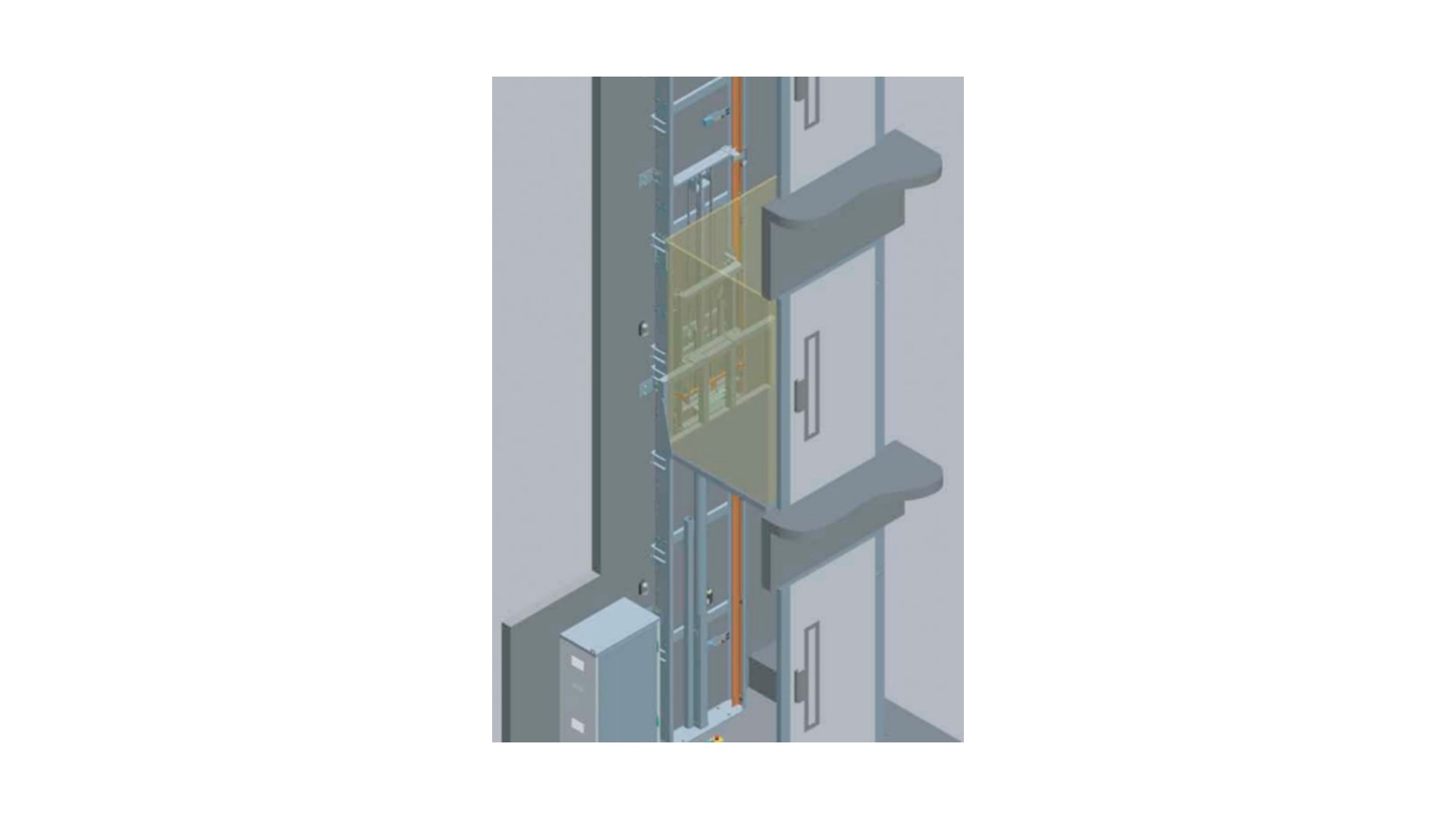
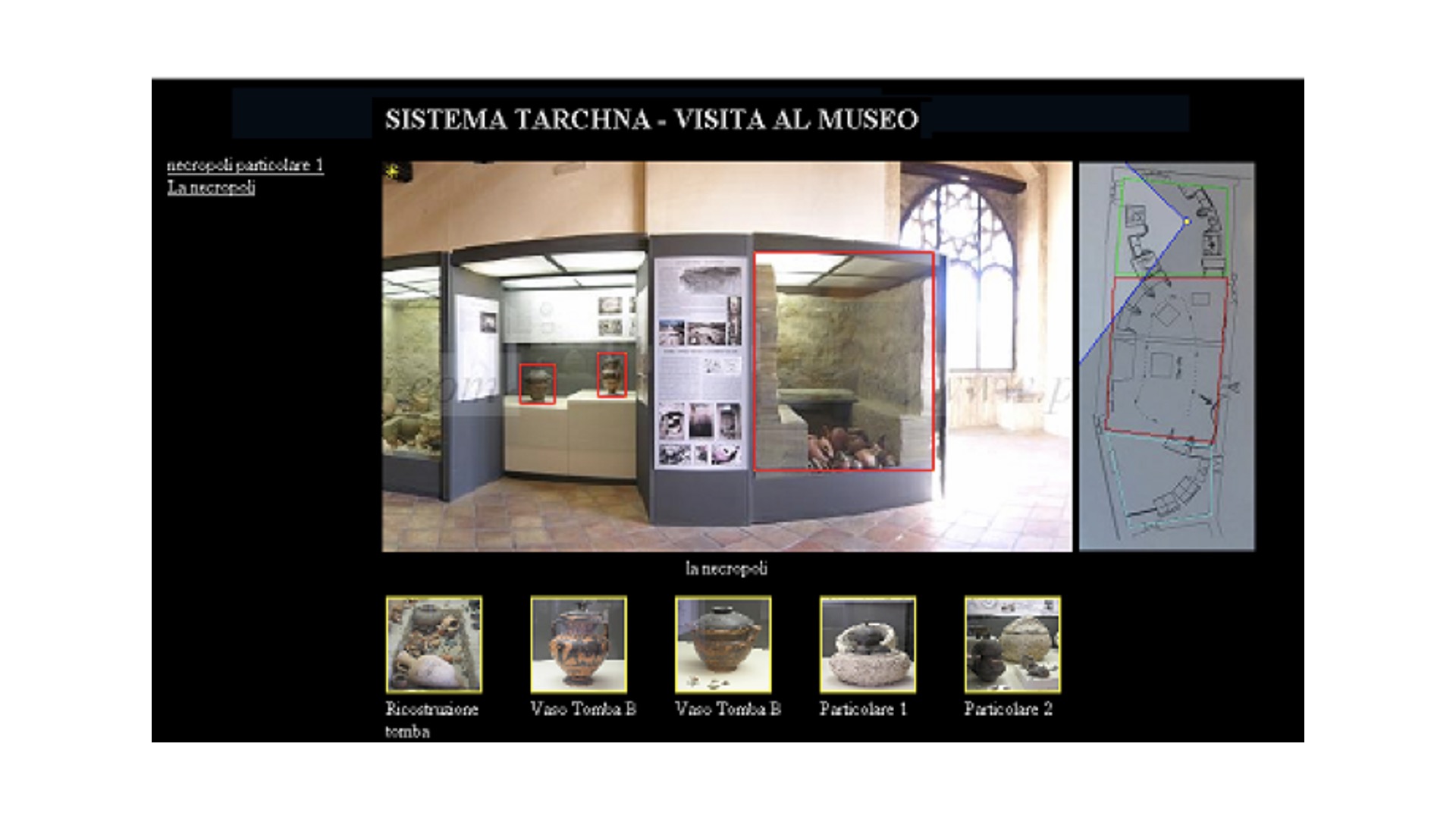
Virtual Museum over a Sensor Web (iMuse) EEA Financial mechanism
2009-2010
This project aims at studying and developing of a new type of Virtual Museum and Virtual Tours which capitalize on advances in databases, infokiosks, Web, Sensors (RFIDs), PDAs, and Intranet technologies. This Virtual Museum pertains to Volos Museum, Magnesia, Greece, as well as the excavations conducted by 13th Ephorate of Prehistoric and Classical Antiquities, and will be installed in Ephorate’s facilities.
Broadband Weather Representation Services, project ΕΥΡΗΜΑ ΓΓΕΤ
2007-2008
The aim of this project is to create a web based and mobile application that displays weather radar information in almost real time. In particular, two weather radars located close to Thessaloniki and Volos are feeding cloud reflectivity information to a centralized server running the TITAN weather software. TITAN is performing storm and hail predictions in terms of probability and trajectory. The cloud reflectivity data is transformed, merged, and unified in a database. Afterwards, a novel image synthesis application is feeding animated images to a web and mobile application.
An interactive Environment for Automated Design of Elevators, ΠΑΒΕΤ-2005, ΓΓΕΤ
2006-2007
The main activity of the project is to conduct Industrial research for the design and development of an interactive environment for a fully automated elevator design. Research is carried out on the design and development of an innovative environment for interactive data entry (mainly dimensional) and fully automated design (using an existing CAD system, but without human intervention). The objectives of the project are: The elimination of time-consuming stages in the execution of an order, the drastic reduction of the cost of ordering, the upgrading of the "image" of the company to potential customers, the minimization of design errors, the reduction of particularly time-consuming and unnecessary of the production process, and ultimately the improvement of the productivity and competitiveness of the company.
T.ARCH.H.N.A. Towards ARCheological Heritage New Accessibility, CULTURE 2000, EU 2004-2007
Web application for the scheduling of marketing campaigns via SMS. Contains various advanced features, like personalized messages, delivery receipts and tracking, as well as detailed statistics with a plethora of chart types which the user can drill down and gain the insight that is required.
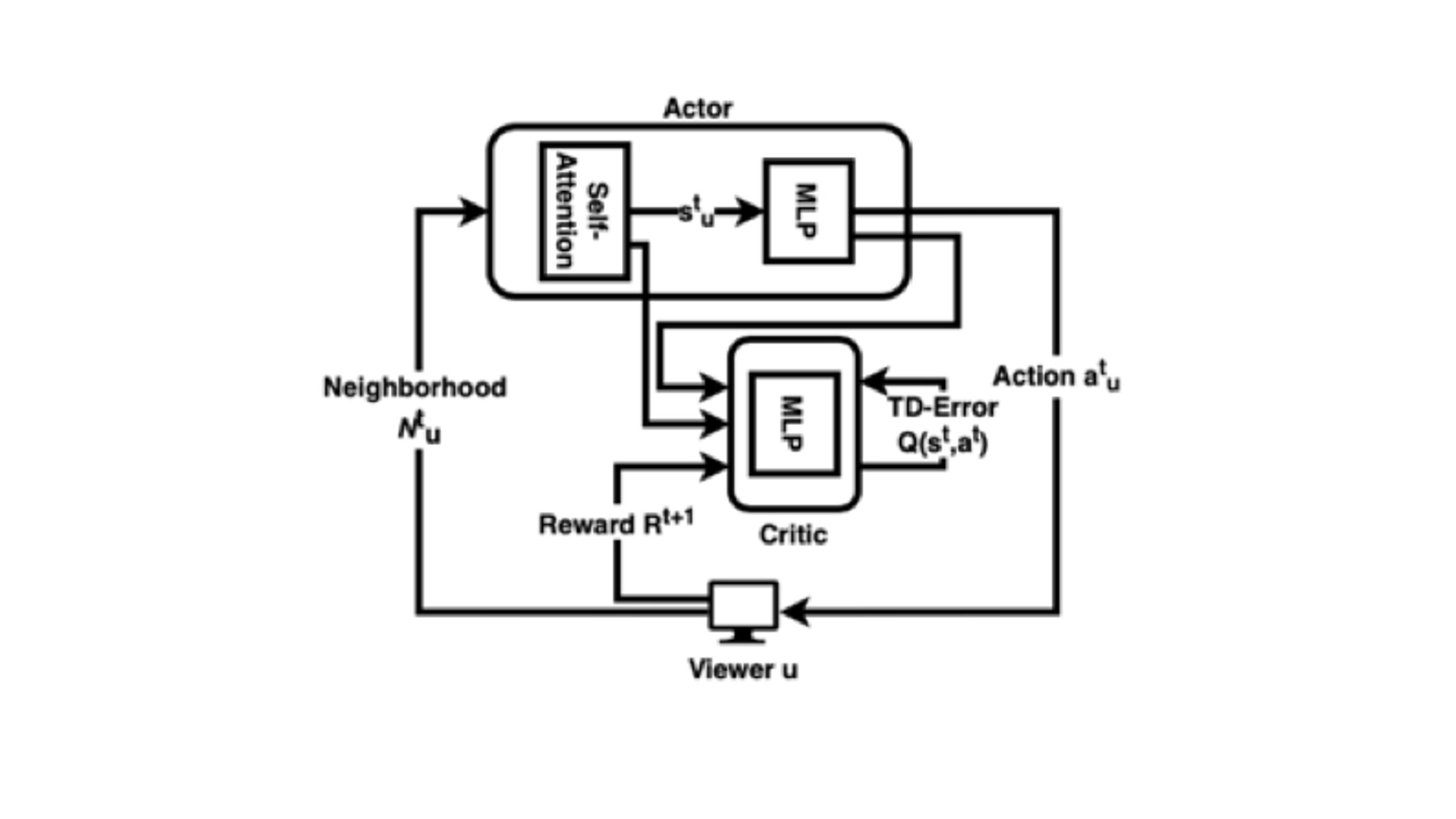
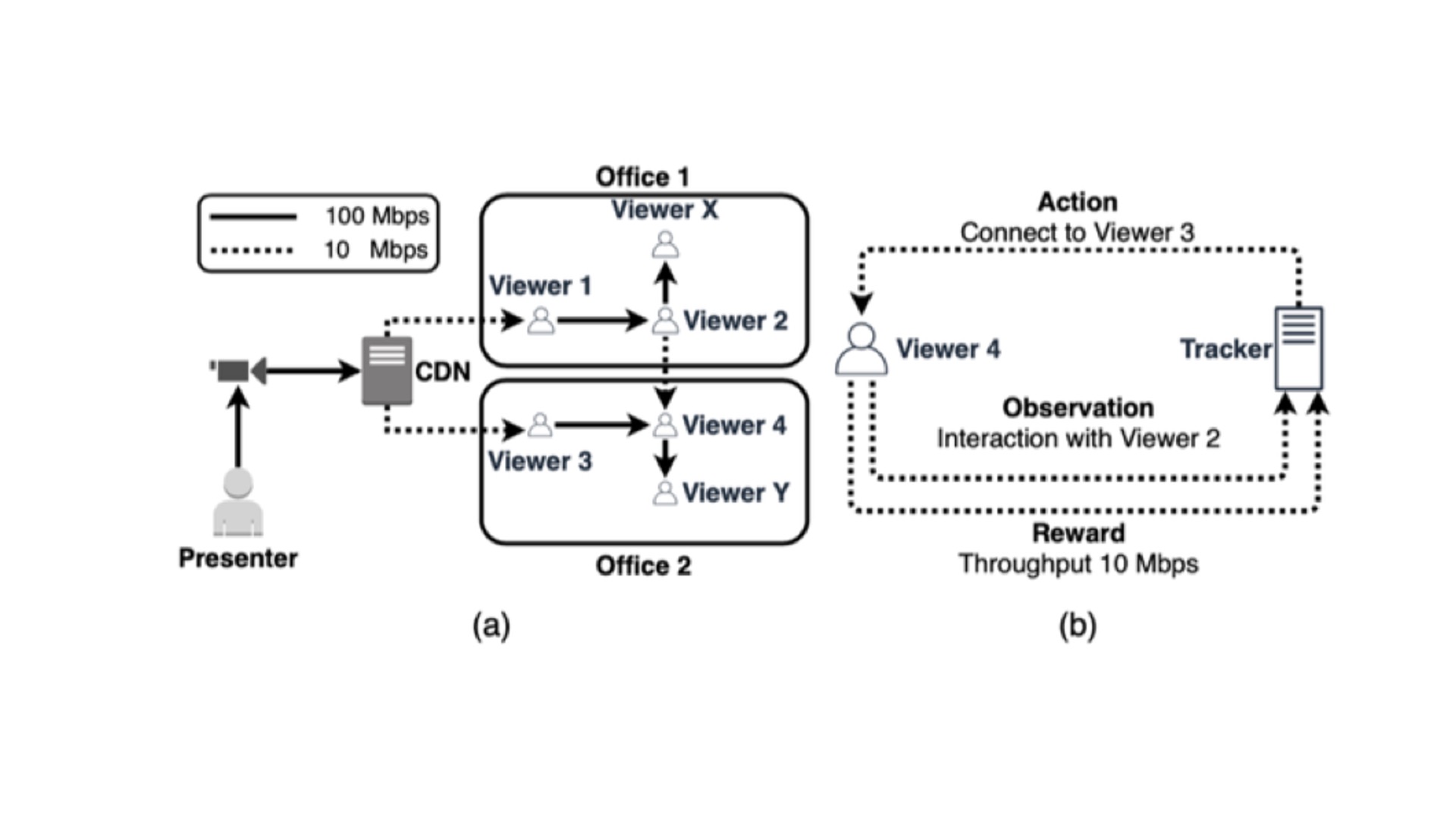

GELS
GELS is a graph reinforcement learning model that adopts the gradient boosting mechanism to adjust the viewers’ connections in live video streaming events. The main goal of GELS is to ensure high user experience to all attendees from the beginning of the event.
MELANIE
Melanie employs meta-reinforcement learning and graph neural networks to learn accurately a global policy that achieves quick adaptation between different live video streaming events.
MERLIN
Merlin is a multi-task reinforcement learning model which enables large enterprises to organize future live video streaming events to optimize the optimum viewer engagement and adoption.
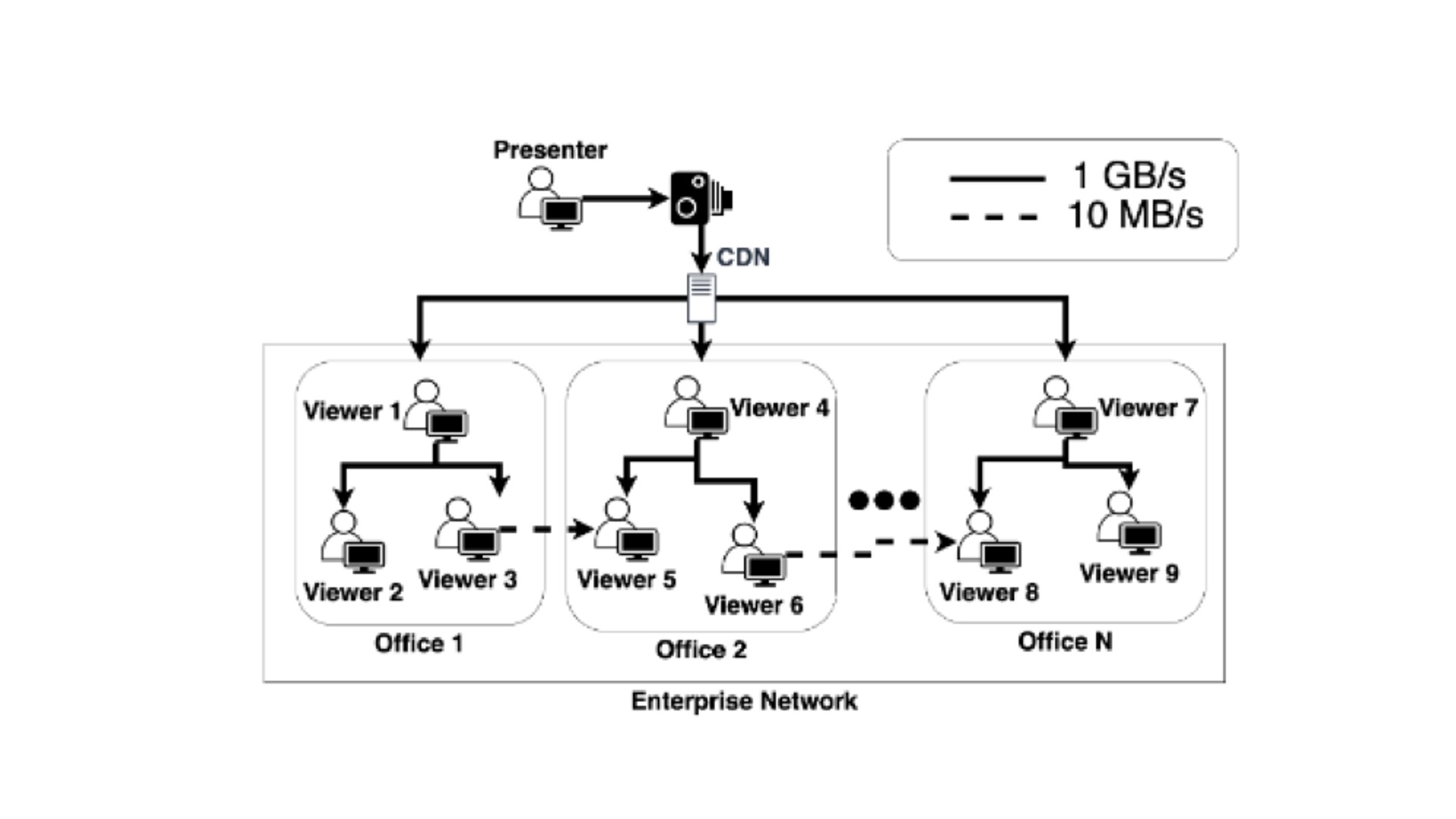
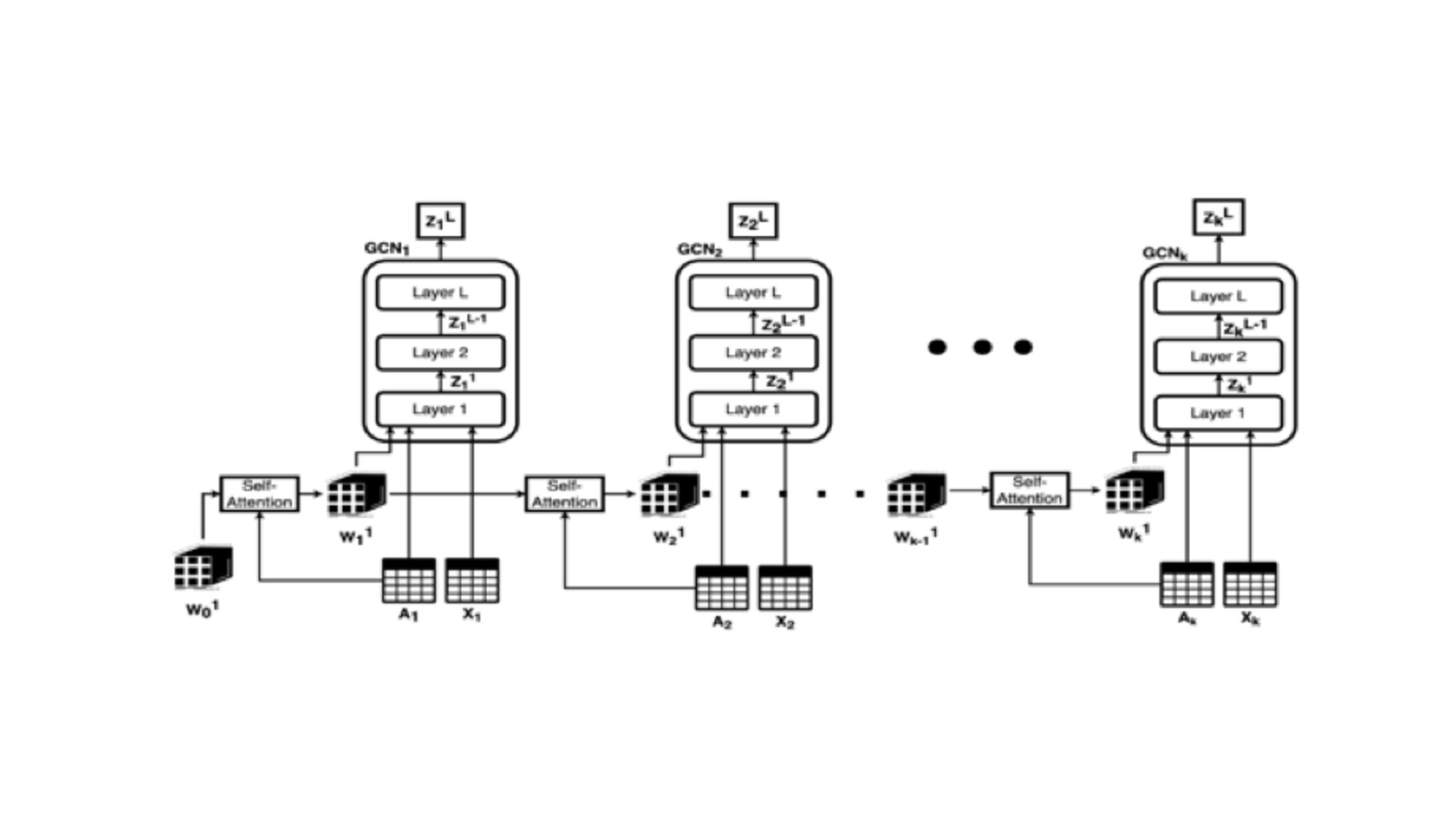
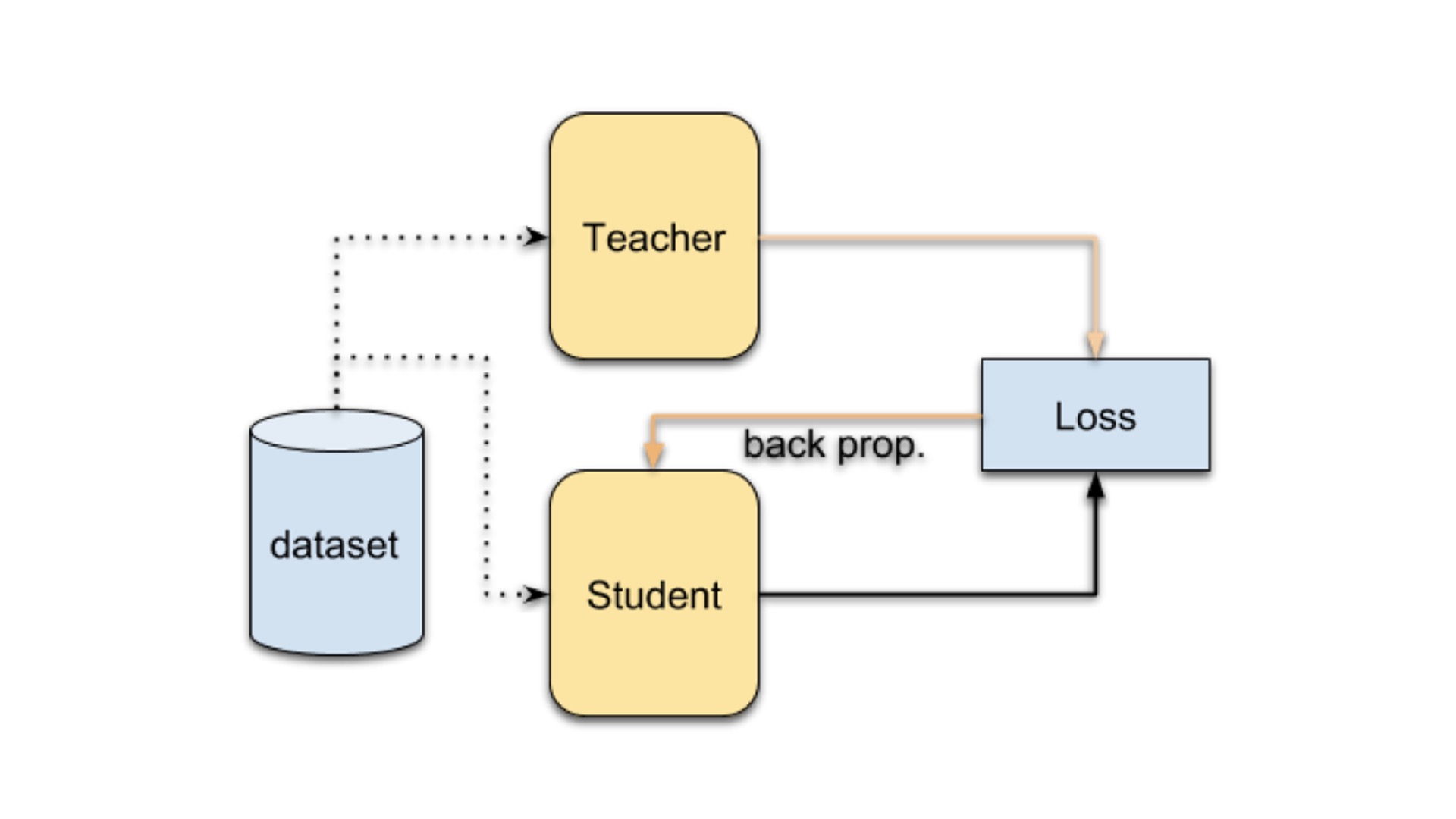
EGAD
EGAD employs knowledge distillation on graph neural networks to create a compact model that not only accurately captures the evolution of the graph in low-dimensional node embeddings, but also has low online latency inference.
VSTREAMDRLS
VStreamDRLS is a novel model that exploits an attention mechanism on a graph neural network to compute low dimensional node embeddings on graphs that present significant evolution over time.
DISTILL2VEC
Distill2Vec is a knowledge distillation architecture that exploits the generated features of the large teacher model to transfer knowledge to the compact student model.
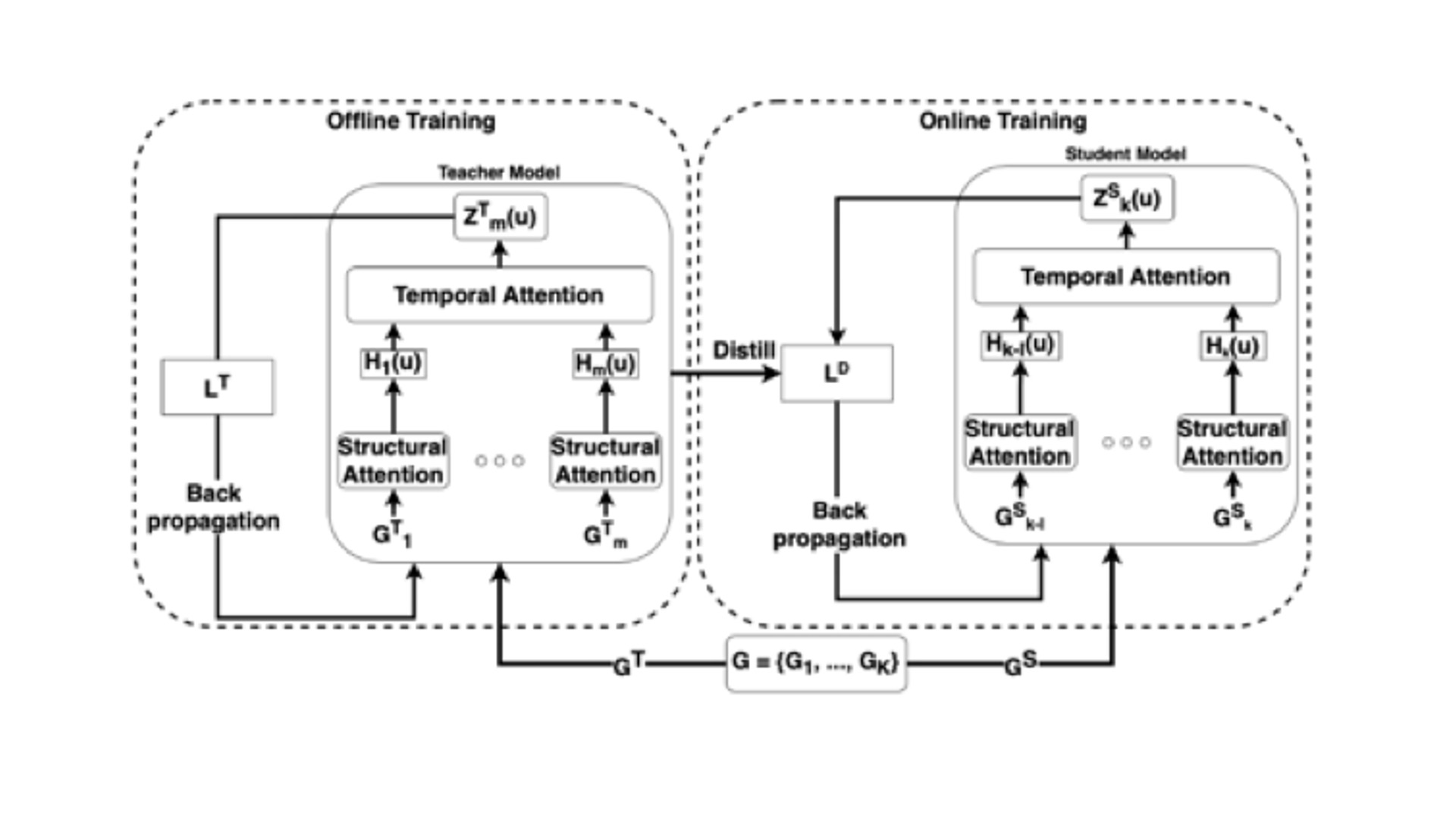
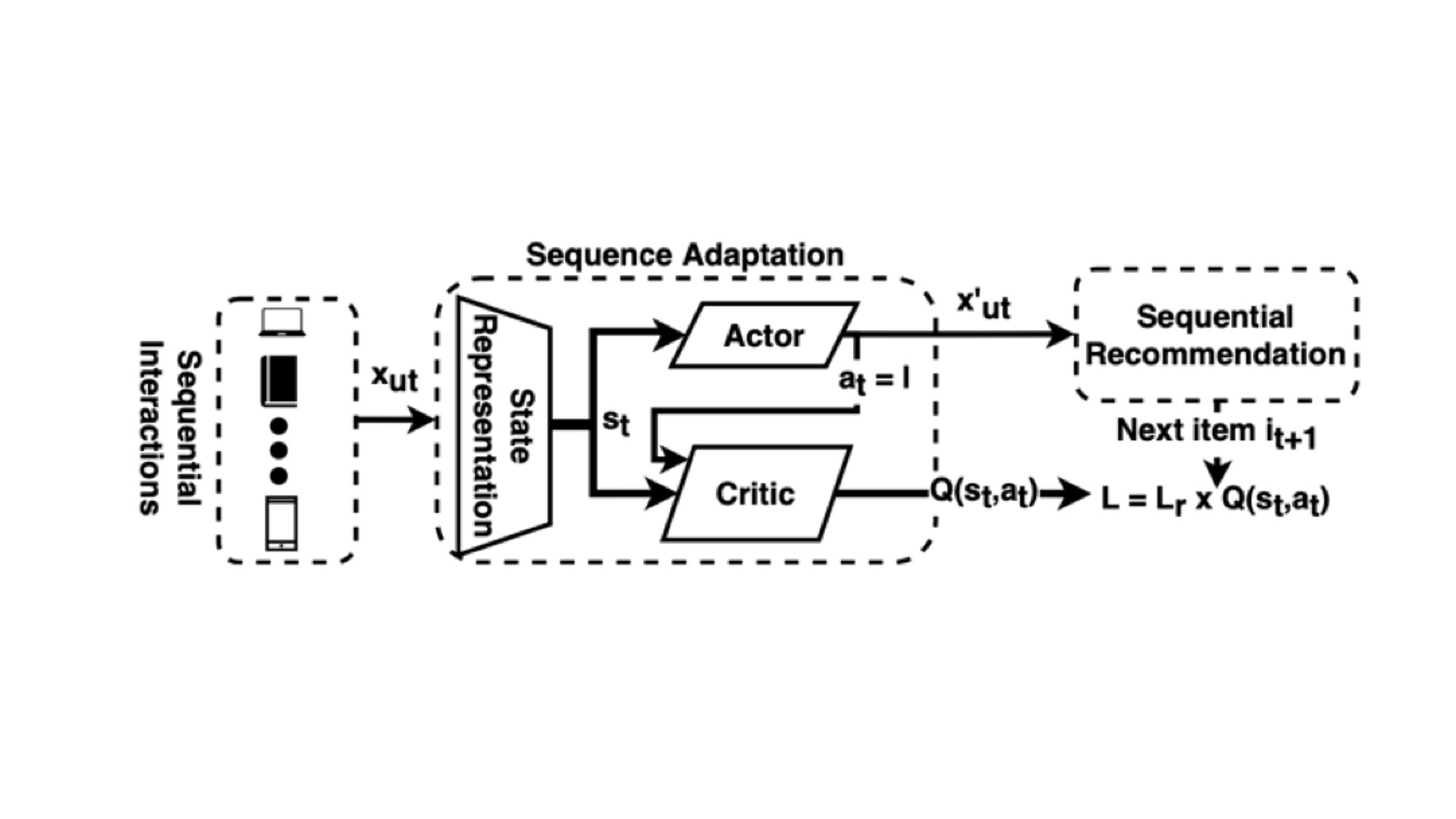
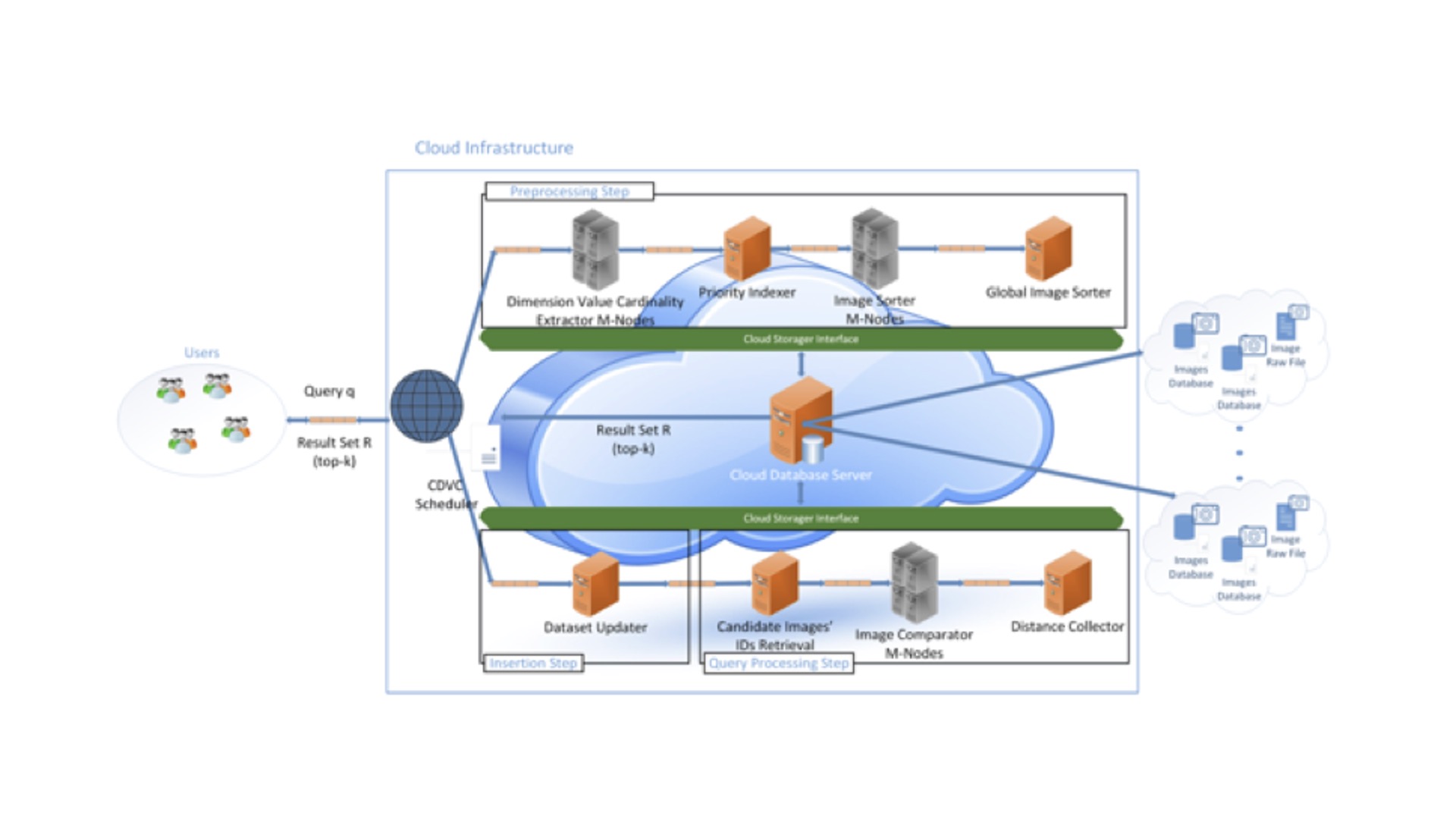
DynGKD
DynGKD is a knowledge distillation framework on evolving graph neural networks. In this framework, we can verify the impact of the teacher’s output and generated features to the distillation process of the student model.
SAR
SAR is an adaptive reinforcement learning model for sequential recommender systems. The goal of SAR is to personalize the input sequence of the recommender systems by using the actor-critic reinforcement learning paradigm.
CDVC
CDVC is a distributed framework for processing and querying large image datasets based on the images’ dimension value cardinalities.

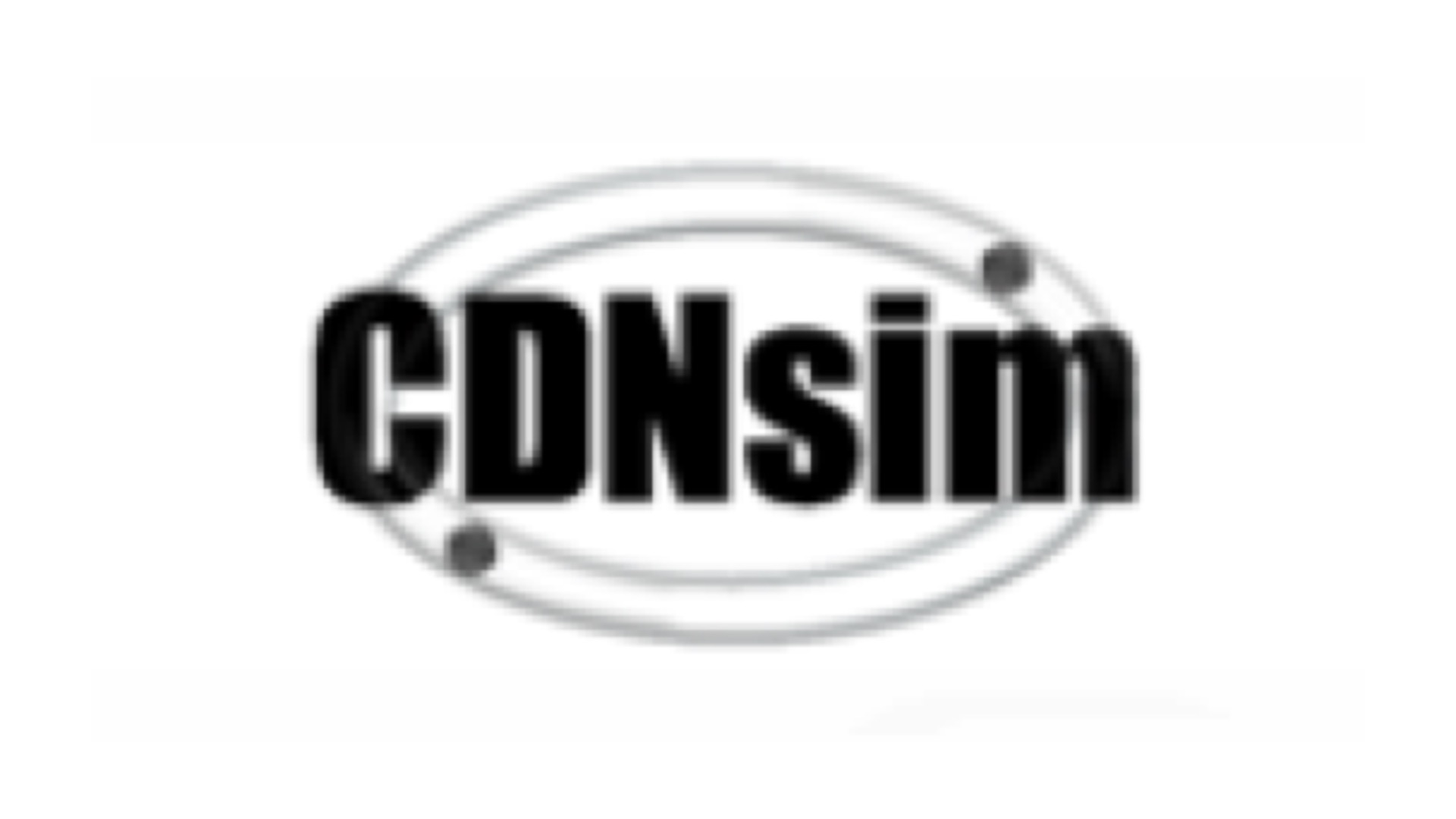
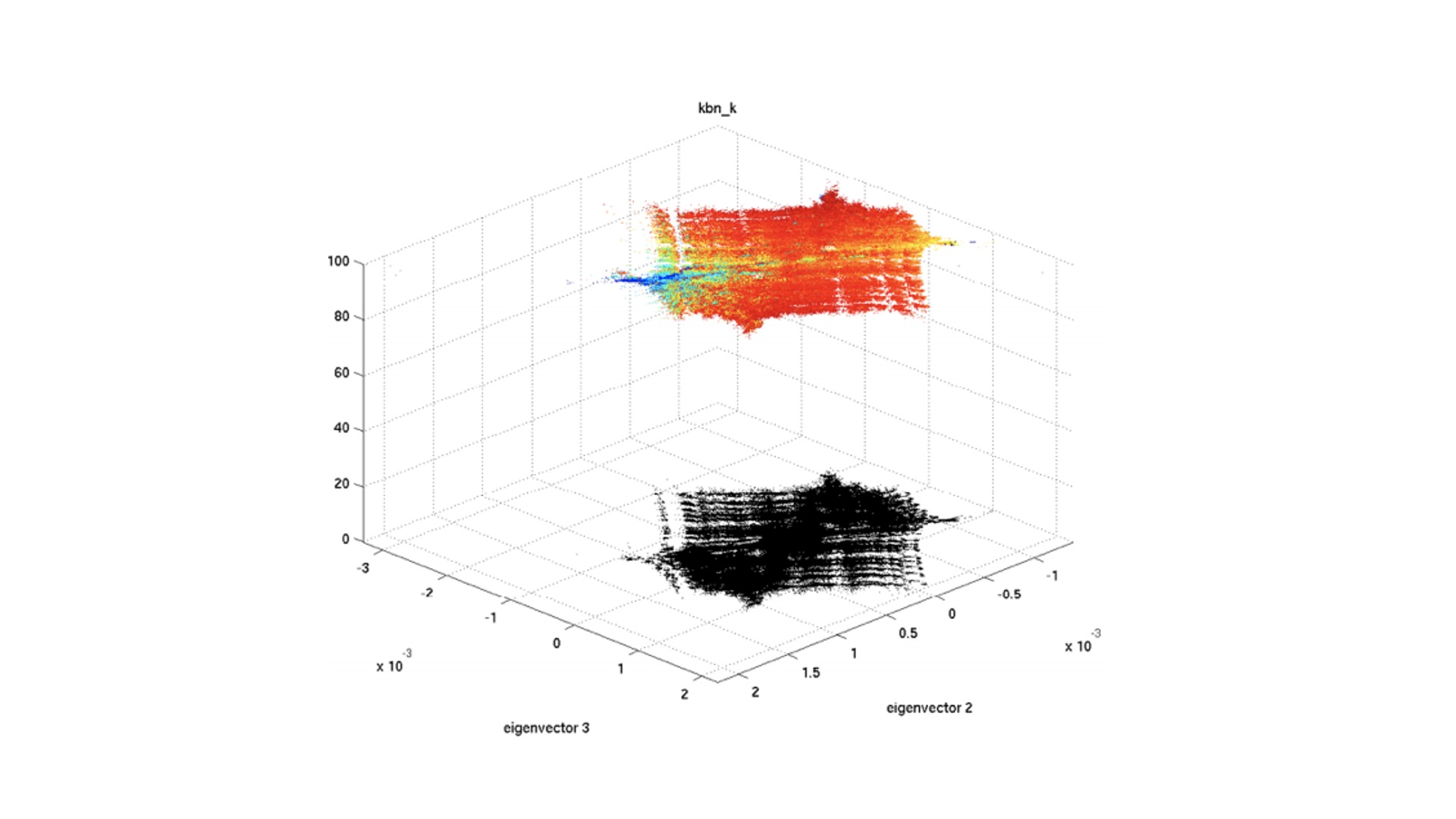
MediaStorm
MediaStorm is an in-memory and highly-scalable distributed image processing service on cloud infrastructure. It provides a mechanism to efficiently process fast and varying incoming rates of images
CDNsim
A sumulation tool for content distribution networks.
Summary of the features:
Cooperative push-based content management policy.
Non-Cooperative push-based content management policy.
Cooperative pull-based content management policy.
Non-Cooperative pull-based content management policy.
LRU cache replacement policy.
STATIC cache policy.
TCP / IP networking.
Wizard for creating self-contained simulations (bottles).
Utility for executing unattended simulations.
Utility for automatically generating results' reports.
Utility for extracting statistics related to net-utility.
Utility for converting Apache log files into CDNsim trace files.
Extensible by implementing modules in the form of libraries.
Written in C++ using the omnet++ framework.
ML-based chess engine and end-game analysis
A Fast Bitboard engine has been developed in C which was used to produced chess game positions and then transition graphs. The produced graphs are represented as a kernel space and the Laplacian eigenmap technique has been applied. The low dimensional representation of the graphs is then visualized by coloring each position by the distance to mate/draw/stalemate. The results indicate that there might be a continuous smooth gradient to final states by following an appropriate vector in the represented space. In other words, instead of searching the game tree, one may sample the tree, produce a low dimensional representation and then select moves in the gradient’s direction that may lead to the desired outcome.
2021
[SNAM]: S. Antaris, D. Rafailidis, S. Girdzijauskas, “Knowledge Distillation on Neural Networks for Evolving Graphs”, Social Network Analysis and Mining, Springer, to appear.
[ECML/PKDD’21]: S. Antaris, D. Rafailidis, R. Arriaza, “Multi-Task Learning for User Engagement and Adoption in Live Video Streaming Events”. Proceedings of the Joint European Conference on Machine Learning and Knowledge Discovery in Databases, Bilbao, Spain, 2021. [preprint]
[RecSys’21]: S. Antaris, D. Rafailidis, “Sequence Adaptation via Reinforcement Learning in Recommender Systems”. Proceedings of the 15th ACM Conference on Recommender Systems LBR, pp. , Amsterdam, Netherlands, 2021. [preprint]
2020
[TKDE]: M. Aliannejadi, D. Rafailidis, F. Crestani, “A Joint Two-Phase Time-Sensitive Regularized Collaborative Ranking Model for Point of Interest Recommendation”. IEEE Transactions on Knowledge and Data Engineering, Vol.32, N.6, pp. 1050-1063, 2020. [pdf]
[ASONAM’20]: S. Antaris, D. Rafailidis, “Distill2Vec: Dynamic Graph Representation Learning with Knowledge Distillation”. Proceedings of the IEEE/ACM International Conference on Advances in Social Networks Analysis and Mining, pp. 60-64, The Hague, Netherlands, 2020. [pdf]
[ASONAM’20]: S. Antaris, D. Rafailidis, “VStreamDRLS: Dynamic Graph Representation Learning with Self-Attention for Enterprise Distributed Video Streaming Solutions”. Proceedings of the IEEE/ACM International Conference on Advances in Social Networks Analysis and Mining, pp. 486-493, The Hague, Netherlands, 2020. [pdf]
[BigData’20]: S. Antaris, D. Rafailidis, S. Girdzijauskas: “EGAD: Evolving Graph Representation Learning with Self-Attention and Knowledge Distillation for Live Video Streaming Events”. Proceedings of the IEEE International Conference on Big Data, pp. 1455-1464, Atlanta, GA, USA, 2020. [pdf]
2019
[WI’19]: D. Rafailidis, “Bayesian Deep Learning with Trust and Distrust in Recommendation Systems”. Proceedings of the IEEE/WIC/ACM International Conference on Web Intelligence, pp. 18-25, Thessaloniki, Greece, 2019, Best Paper Award. [pdf]
[ICTIR’19]: D. Rafailidis, F. Crestani, “Neural Attentive Cross-Domain Recommendation”. Proceedings of the5th ACM International Conference on the Theory of Information Retrieval, pp. 165-172, Santa Clara, CA, USA, 2019. [pdf]
[ECIR’19]: J. Manotumruksa, D. Rafailidis, C. Macdonald, I. Ounis, “On Cross-Domain Transfer in Venue Recommendation”. Proceedings of the 41st European Conference on Information Retrieval Research, pp. 443-456, Cologne, Germany, 2019. [pdf]
[WIMS’19]: D. Rafailidis, Y. Manolopoulos, “Can Virtual Assistants Produce Recommendations?”. Proceedings of the 9th ACM International Conference on Web Intelligence, Mining and Semantics, pp. 4:1-4:6, Seoul, Korea, 2019. [pdf]
[SIGIR’19]: D. Rafailidis, F. Crestani, “Adversarial Training for Review-Based Recommendations”. Proceedings of the 42nd ACM SIGIR Conference on Research and Development in Information Retrieval, pp. 1057-1060, Paris, France, 2019. [pdf]
2018
[TBD]: S. Antaris, D. Rafailidis, “In-memory Stream Indexing of Massive and Fast Incoming Multimedia Content“, IEEE Transactions on Big Data, Vol.4, N.1, pp. 40-54, 2018. [pdf]
[ESWA]: D. Rafailidis, “A Multi-Latent Transition model for evolving preferences in recommender systems“, Expert Systems with Applications, Elsevier, Vol. 104, pp. 97-106, 2018. [pdf]
[ECML/PKDD’18]: D. Rafailidis, F. Crestani, “GeoDCF: Deep Collaborative Filtering with Multifaceted Contextual Information in Location-based Social Networks”. Proceedings of the Joint European Conference on Machine Learning and Knowledge Discovery in Databases, pp. 709-724, Dublin, Ireland, 2018. [pdf]
[ASONAM’18]: D. Rafailidis, F. Crestani, “Friend Recommendation in Location-Based Social Networks via Deep Pairwise Learning”. Proceedings of the IEEE/ACM International Conference on Advances in Social Networks Analysis and Mining, pp. 421-428, Barcelona, Spain, 2018. [pdf]
[ICTIR’18]: M. Aliannejadi, D. Rafailidis, F. Crestani, “A Collaborative Ranking Model with Multiple Location-based Similarities for Venue Suggestion”. Proceedings of the4th ACM International Conference on the Theory of Information Retrieval, pp. 19-26, Tianjin, China, 2018. [pdf]
2017
[ESWA]: D. Rafailidis, P. Kefalas, Y. Manolopoulos, “Preference Dynamics with Multimodal User-Item Interactions in Social Media Recommendation“, Expert Systems with Applications, Elsevier, Vol. 74, pp. 11-18, 2017. [pdf]
[FGCS]: D. Rafailidis, E. Constantinou, Y. Manolopoulos, “Landmark Selection for Spectral Clustering based on Weighted PageRank“, Future Generation Computer Systems, Elsevier, Vol. 68, pp. 465-472, 2017. [pdf]
[CIKM’17]: D. Rafailidis, F. Crestani, “A Collaborative Ranking Model for Cross-Domain Recommendations”. Proceedings of the 26th ACM International Conference on International Conference on Information and Knowledge Management, pp. 2263-2266, Singapore, 2017. [pdf]
[ECML/PKDD’17]: D. Rafailidis, F. Crestani, “A Regularization Method with Inference of Trust and Distrust in Recommender Systems”. Proceedings of the Joint European Conference on Machine Learning and Knowledge Discovery in Databases, pp. 253-268, Skopje, FYROM, 2017. [pdf]
[RecSys’17]: D. Rafailidis, F. Crestani, “Learning to Rank with Trust and Distrust in Recommender Systems”. Proceedings of the 11th ACM Conference on Recommender Systems, pp. 5 -13, Como, Italy, 2017. [pdf]
[ICTIR’17]: D. Rafailidis, F. Crestani, “Recommendation with Social Relationships via Deep Learning”. Proceedings of the 3rd ACM International Conference on the Theory of Information Retrieval, pp. 151-158, Amsterdam, Holland, 2017. [pdf]
[TPDL’17]: D. Rafailidis, F. Crestani, “Multiple Random Walks for Personalized Ranking with Trust and Distrust Relationships”. Proceedings of the 21st International Conference on Theory and Practice of Digital Libraries, pp. 473 – 484, Thessaloniki, Greece, 2017. [pdf]
[ECIR’17]: M. Aliannejadi, D. Rafailidis, F. Crestani, “Personalized Keyword Boosting for Venue Suggestion based on Multiple LBSNs”. Proceedings of the 39th European Conference on Information Retrieval Research, pp. 291-303, Aberdeen, Scotland UK, 2017. [pdf]
2016
[TCBB]: A. Axenopoulos, D. Rafailidis, G. Papadopoulos, E. Houstis, P. Daras, “Similarity Search of Flexible 3D Molecules Combining Local and Global Shape Descriptors“, IEEE/ACM Transactions on Computational Biology and Bioinformatics, Vol.13, N.5, pp. 954-970, 2016. [pdf]
[SPL]: D. Rafailidis, “Supervised Hashing based on the Dimensions’ Value Cardinalities of Image Descriptors”, IEEE Signal Processing Letters, Vol.23, N.10, pp. 1479-1483, 2016. [pdf].
[TSMC]: D. Rafailidis, A. Nanopoulos, “Modeling Users Preference Dynamics and Side Information in Recommender Systems”, IEEE Transactions on Systems, Man and Cybernetics: Systems, Vol.46, N.6, pp. 782-792, 2016. [pdf]
[CIKM’16]: D. Rafailidis, F. Crestani, “Joint Collaborative Ranking with Social Relationships in Top-N Recommendation”. Proceedings of the 25th ACM International Conference on International Conference on Information and Knowledge Management, pp. 1393-1402, Indianapolis, IN, USA, 2016. [pdf]
[ASONAM’16]: D. Rafailidis, F. Crestani, “Network Completion via Joint Node Clustering and Similarity Learning”. Proceedings of the IEEE/ACM International Conference on Advances in Social Networks Analysis and Mining, pp. 63-68, San Francisco, CA, USA, 2016. [pdf]
[ECML/PKDD’16]: D. Rafailidis, F. Crestani, “Top-N Recommendation via Joint Cross-Domain User Clustering and Similarity Learning”. Proceedings of the Joint European Conference on Machine Learning and Knowledge Discovery in Databases, Part II, pp. 426-441, Riva del Garda, Italy, 2016. [pdf]
[SIGIR’16]: D. Rafailidis, F. Crestani, “Cluster-based Joint Matrix Factorization Hashing for Cross-Modal Retrieval”. Proceedings of the 39th ACM SIGIR Conference on Research and Development in Information Retrieval, pp. 781-784, Pisa, Italy, 2016. [pdf]
[SIGIR’16]: D. Rafailidis, F. Crestani, “Collaborative Ranking with Social Relationships for Top-N Recommendations”. Proceedings of the 39th ACM SIGIR Conference on Research and Development in Information Retrieval, pp. 785-788, Pisa, Italy, 2016. [pdf]
[SAC’16]: D. Rafailidis, “Clustering Nodes with Attributes via Graph Alignment”. Proceedings of the 31st ACM Symposium on Applied Computing, pp. 904-907, Pisa, Italy, 2016. [pdf]
[SAC’16]: D. Rafailidis, “Modeling Trust and Distrust Information in Recommender Systems via Joint Matrix Factorization with Signed Graphs”. Proceedings of the 31st ACM Symposium on Applied Computing, pp. 1060-1065, Pisa, Italy, 2016. [pdf]
2015
[IJMIR]: T. Semertzidis, D. Rafailidis, M. G. Strintzis, P. Daras, “The Influence of Image Descriptors′ Dimensions Value Cardinalities on Large-Scale Similarity Search”, International Journal of Multimedia Information Retrieval, Springer, Vol.4, N.3, pp. 187-204, 2015. [pdf]
[IPM]: T. Semertzidis, D. Rafailidis, M. G. Strintzis, P. Daras, “Large-Scale Spectral Clustering based on Pairwise Constraints”, Information Processing & Management, Elsevier, Vol.51, N.5, pp. 616-624, 2015. [pdf]
[TOMCCAP]: S. Antaris, D. Rafailidis, “Similarity Search over the Cloud based on Image Descriptors′ Dimensions Value Cardinalities”, ACM Transactions on Multimedia Computing, Communications and Applications, Vol.11, N.4, Article Number 51, 2015. [pdf]
[BigData’15]: D. Rafailidis, S. Antaris, “Indexing Media Storms on Flink”. Proceedings of the IEEE International Conference on Big Data, pp. 2836-2838, Santa Clara, CA, USA, 2015. [pdf]
[MEDI’15]: E. Tiakas, D. Rafailidis, “Scalable Trajectory Similarity Search based on Locations in Spatial Networks”. Proceedings of the 5th International Conference on Model & Data Engineering, pp. 213-224, Island of Rhodes, Greece, 2015. [pdf]
[DEXA’15]: A. Papadopoulos, D. Rafailidis, G. Pallis, M.D. Dikaiakos, “Clustering Attributed Multi-graphs with Information Ranking”. Proceedings of the 26th International Conference on Database and Expert Systems Applications, pp. 432-446, Valencia, Spain, 2015. [pdf]
[ICMR’15]: D. Rafailidis, “Probabilistic Matrix Factorization with Semantic and Visual Neighborhoods for Image Tag Completion”. Proceedings of the 5th ACM International Conference on Multimedia Retrieval, pp. 527-530, Shanghai, China, 2015. [pdf]
[WWW’15]: D. Rafailidis, A. Nanopoulos, “Repeat Consumption Recommendation based on Users Preference Dynamics and Side Information”. Proceedings of the 24th ACM International Conference on World Wide Web, Companion Volume, pp. 99-100, Florence, Italy, 2015. [pdf]
[WWW’15]: D. Rafailidis, A. Nanopoulos, “Crossing the Boundaries of Communities via Limited Link Injection for Information Diffusion in Social Networks”. Proceedings of the 24th ACM International Conference on World Wide Web, Companion Volume, pp. 97-98, Florence, Italy, 2015. [pdf]
[SAC’15]: D. Rafailidis, Y. Manolopoulos, “Parallel Similarity Search based on the Dimensions Value Cardinalities of Image Descriptor Vectors”. Proceedings of the 30th ACM Symposium on Applied Computing, pp. 1023-1030, Salamanca, Spain, 2015. [pdf]
[ICALEPCS’15]: S. Boychenko, C. Aguilera-Padilla, M. Dragu, M.A. Galilee, J.C. Garnier, M. Koza, K. Krol, R. Orlandi, M.C. Poeschl, T.M. Ribeiro, K. Stamos, M. Zerlauth, “Towards a Second Generation Data Analysis Framework for LHC Transient Data Recording”.
Proceedings of the 15th International Conference on Accelerator and Large Experimental Physics Control Systems, pp. WEPGF046, Melbourne, Australia, 2015. [pdf]
[IPAC’15]: C. Aguilera, M. Audrain, S. Boychenko, Z. Charifouilline, M. Dragu, R. Heil, M. Koza, K. Krol, J.C. Garnier, R. Orlandi, T. Ribeiro, S. Rowan, K. Stamos, M. Zerlauth, “First Operational Experience of DSL Based Analysis Modules for LHC Hardware commissioning”. Proceedings of the 6th International Particle Accelerator Conference, pp. MOPTY059, Richmond, VA, USA, 2015. [pdf]
2014
[SNAM]: S. Antaris, D. Rafailidis, A. Nanopoulos, “Link Injection for Boosting Information Spread in Social Networks”, Social Network Analysis and Mining, Springer, Vol.4, N.1, Article Number 236, 2014. [pdf]
[JSS]: D. Rafailidis, A. Nanopoulos, E. Constantinou, “With a Little Help from New Friends: Boosting Information Cascades in Social Networks based on Link Injection”, Journal of Systems and Software, Elsevier, Vol.98, pp. 1-8, 2014. [pdf]
[TiiS]: D. Rafailidis, A. Axenopoulos, J. Etzold, S. Manolopoulou, P. Daras, “Content-based Tag Propagation and Tensor Factorization for Personalized Item Recommendation based on Social Tagging”, ACM Transactions on Interactive Intelligent Systems, Vol.3, N.4, Article Number 26, 2014. [pdf]
[RecSys’14]: D. Rafailidis, A. Nanopoulos, “Modeling the Dynamics of User Preferences in Coupled Tensor Factorization”. Proceedings of the 8th ACM Conference on Recommender Systems, pp. 321-324, Silicon Valley, CA, USA, 2014. [pdf]
[MEDI’14]: D. Rafailidis, E. Constantinou, Y. Manolopoulos, “Scalable Spectral Clustering with Weighted PageRank”. Proceedings of the 4th International Conference on Model & Data Engineering, pp. 289-300, Larnaca, Cyprus, 2014. [pdf]
2013
[PR]: D. Rafailidis, S. Manolopoulou, P. Daras, “A Unified Framework for Multimodal Retrieval”, Pattern Recognition, Elsevier, Vol.46, N.12, pp. 3358-3370, 2013. [pdf]
[TMM]: E. Tiakas, D. Rafailidis, A. Dimou, P. Daras, “MSIDX: Multi-Sort Indexing for Efficient Content-based Image Search and Retrieval”, IEEE Transactions on Multimedia, Vol.15, N.6, pp. 1415-1430, 2013. [pdf]
[TSMC]: D. Rafailidis, P. Daras, “The TFC Model: Tensor Factorization and Tag Clustering for Item Recommendation in Social Tagging Systems”, IEEE Transactions on Systems, Man and Cybernetics: Systems, Vol.43, N.3, pp. 673-688, 2013. [pdf]
[SPIC]: M. Lazaridis, A. Axenopoulos, D. Rafailidis, P. Daras, “Multimedia Search and Retrieval using Multimodal Annotation Propagation and Indexing Techniques”, Signal Processing: Image Communication, Special Issue on Image Search and Augmented Reality, Elsevier, Vol.28, N.4, pp. 351-367, 2013. [pdf]
[MediaEval’13]: D. Rafailidis, T. Semertzidis, M. Lazaridis, M. G. Strintzis, P. Daras, “A Data-Driven Approach for Social Event Detection”. Proceedings of MediaEval’13, CEUR-WS.org/-Vol.1043, Barcelona, Spain, 2013. [pdf]
[WI’13]: A. Nanopoulos, D. Rafailidis, Y. Karydis, “Matrix Factorization with Content Relationships for Media Personalization”. Proceedings of the 11th Conference on Wirtschaftsinformatik, pp. 87-101, Leipzig, Germany, 2013. [pdf]
[SMR]: T. Semertzidis, D. Rafailidis, E. Tiakas, M. G. Strintzis, P. Daras, “Multimedia Indexing, Search and Retrieval in Large Databases of Social Networks”, in N. Ramzan et al. (eds) Social Media Retrieval, Computer Communications and Networks series, Springer-Verlag, pp. 43-63, 2013, ISBN 978-1-4471-4554-7. [pdf]
2012
[WWW’12]: A. Vakali, M. Giatsoglou, S. Antaris, “Social networking trends and dynamics detection via a cloud-based framework design”. Proceedings of the World Wide Web Conference, Companion Volume. pp. 1213–1220, Lyon, France, 2012. [pdf]
2011
[SMC]: K. Stamos, N. Laskaris, A. Vakali, “Mani-Web: Large-Scale Web Graph Embedding via Laplacian Eigenmap Approximation”. IEEE Transactions on System, Man, and Cybernetics, part C, Vol.42, Issue.6, pp. 879-888, 2011. [pdf]
[MTAP]: D. Rafailidis, A. Nanopoulos, Y. Manolopoulos, “Nonlinear Dimensionality Reduction for Efficient and Effective Audio Similarity Searching”, Multimedia Tools and Applications, Springer, Vol.51, N.3, pp. 881-895, 2011. [pdf]
[ICT-GLOW’11]: S. Islam, K. Stamos, J.M. Pierson, A. Vakali, “Utilization-aware Redirection Policy in CDN: A Case for Energy Conservation”. Proceedings of the Springer 1st International Conference on Information and Communication Technologies as Key Technology for the Fight against Global Warming, pp. 180-187, Toulouse, France, 2011. [pdf]
2010
[TASLP]: A. Nanopoulos, D. Rafailidis, P. Symeonidis, Y. Manolopoulos, “MusicBox: Personalized Music Recommendation based on Cubic Analysis of Social Tags”, IEEE Transactions on Audio, Speech and Language Processing, Vol.18, N.2, pp. 407-412, 2010. [pdf]
[IJMDEM]: D. Rafailidis, A. Nanopoulos, Y. Manolopoulos, “Building Tag-Aware groups for Music High- Order Ranking and Topic Discovery”, International Journal of Multimedia Data Engineering and Management, IGI-Global, Vol. 1, N. 3, pp. 1-18, 2010. [pdf]
[RecSys’10]: S. Karagiannidis, S. Antaris, C. Zigkolis, and A. Vakali, “Hydra: an open framework for virtual-fusion of recommendation filters”. Proceedings of the ACM Conference on Recommender Systems, pp. 329-332, Barcelona, Spain, 2010. [pdf]
[PCI’10]: M. Giatsoglou, V. Koutsonikola, K. Stamos, A. Vakali, C. Zigkolis, “Dynamic Code Generation for Cultural Content Management”. Proceedings of the IEEE 14th Panhellenic Conference on Informatics, Tripoli, Greece, pp. 21-24, 2010. [pdf]
2009|
[TKDE]: D. Katsaros, G. Pallis, K. Stamos, A. Vakali, A. Sidiropoulos, Y. Manolopoulos, “CDNs Content Outsourcing via Generalized Communities”. IEEE Transactions on Knowledge and Data Engineering, Vol.21, Issue.1, pp. 137-151, 2009. [pdf]
[TOMACS]: K. Stamos, G. Pallis, A. Vakali, D. Katsaros, A. Sidiropoulos, Y. Manolopoulos, “CDNsim: A Simulation Tool for Content Distribution Networks”. ACM Transactions on Modeling and Computer Simulation, Vol.20, Issue.2, pp. 1-40, 2009. [pdf]
[IPM]: A. Nanopoulos, D. Rafailidis, M. Ruxanda, Y. Manolopoulos, “Music Search Engines: Specifications and Challenges”, Information Processing & Management, Elsevier, Vol.45, N.3, pp. 392-396, 2009. [pdf]
[UPGRADE-CN’09]: K. Stamos, G. Pallis, A. Vakali, M. Dikaiakos, “Evaluating the Utility of Content Delivery Network”. Proceedings of the ACM 4th UPGRADE-CN Workshop on Content Management and Delivery in Large-Scale Networks, pp. 11-20, Garching, Germany, 2009. [pdf]
[ICMaS’09]: K. Stamos, G. Andreadis, “Automated CAD Design via Cloud Computing”. Proceedings of the 5th International Conference on Manufacturing Systems, Ia¸si, Romania, pp.70-78, 2009. [pdf]
2008
[IJBDCN]: G. Pallis, K. Stamos, A. Vakali, C. Thomos, G. Andreadis, “Integrating Caching Techniques in CDNs using a Classification Approach”. International Journal of Business Data Communications and Networking, IGI Global, Vol.4, Issue.4, pp 1-12, 2008. [pdf]
[WWWJ]: A. Sidiropoulos, G. Pallis, D. Katsaros, K. Stamos, A. Vakali, Y. Manolopoulos, “Prefetching in Content Distribution Networks via Web Communities Identification and Outsourcing”. World Wide Web, Springer, pp. 39–70, 2008. [pdf]
[ISMIR’08]: D. Rafailidis, A. Nanopoulos, E. Cambouropoulos, Y. Manolopoulos, “Detection of Stream Segments in Symbolic Musical Data”. Proceedings of the 9th International Symposium on Music Information Retrieval, pp. 83-88, Philadelphia, PA, USA, 2008. [pdf]
[ELEVCON’08]: K. Karkaletsis, E. Rousoudis, K. Stamos, G. Andreadis, L. Asvestopoulos, G. Kasselakis, An Automated Web Based Ordering System for Elevators. Proceedings of the Elevcon 17th International Congress on Vertical Transportation Technologies, 2008. [pdf]
[CDN]: K. Stamos, G. Pallis, A. Vakali, “Caching Techniques on CDN Simulated Frameworks”. Book chapter in Content Delivery Networks, Springer, pp. 127-153, 2008. [pdf]
2007
[IIT’07]: G. Pallis, C. Thomos, K. Stamos, A. Vakali, G. Andreadis, “Content Classification for Caching Under CDN”. Proceedings of the IEEE International Conference on Innovations in Information Technology, pp. 586-590, Dubai, United Arab Emirates, 2007. [pdf]
2006
[ICDEW’06]: G. Pallis, K. Stamos, A. Vakali, D. Katsaros, A. Sidiropoulos,“Replication Based on Objects Load Under a Content Distribution Network”. Proceedings of the IEEE 22nd International Conference on Data Engineering Workshops, pp. 53-53, Atlanta, GA, USA , 2006. [pdf]
[ADBIS’06]: K. Stamos, G. Pallis, A. Vakali,“Integrating Caching Techniques on a Content Distribution Network”. Proceedings of the Springer East European Conference on Advances in Databases and Information Systems, pp. 200-215, Thessaloniki, Greece, 2006. [pdf]
[IDEAS’06]: K. Stamos, G. Pallis, C. Thomos, A. Vakali, “A Similarity Based Approach for Integrated Web Caching and Content Replication in CDNs”. Proceedings of the IEEE 10th International Database Engineering and Applications Symposium, NW Washington DC, USA, pp. 239-242, 2006. [pdf]
2005
[LA-WEB’05]: G. Pallis, A. Vakali, K. Stamos, A. Sidiropoulos, D. Katsaros, Y. Manolopoulos, “A Latency-based Object Placement Approach in Content Distribution Networks”. Proceedings of the IEEE 3rd Latin American Web Congress, Buenos Aires, Argentina, pp. 140-147, 2005. [pdf]